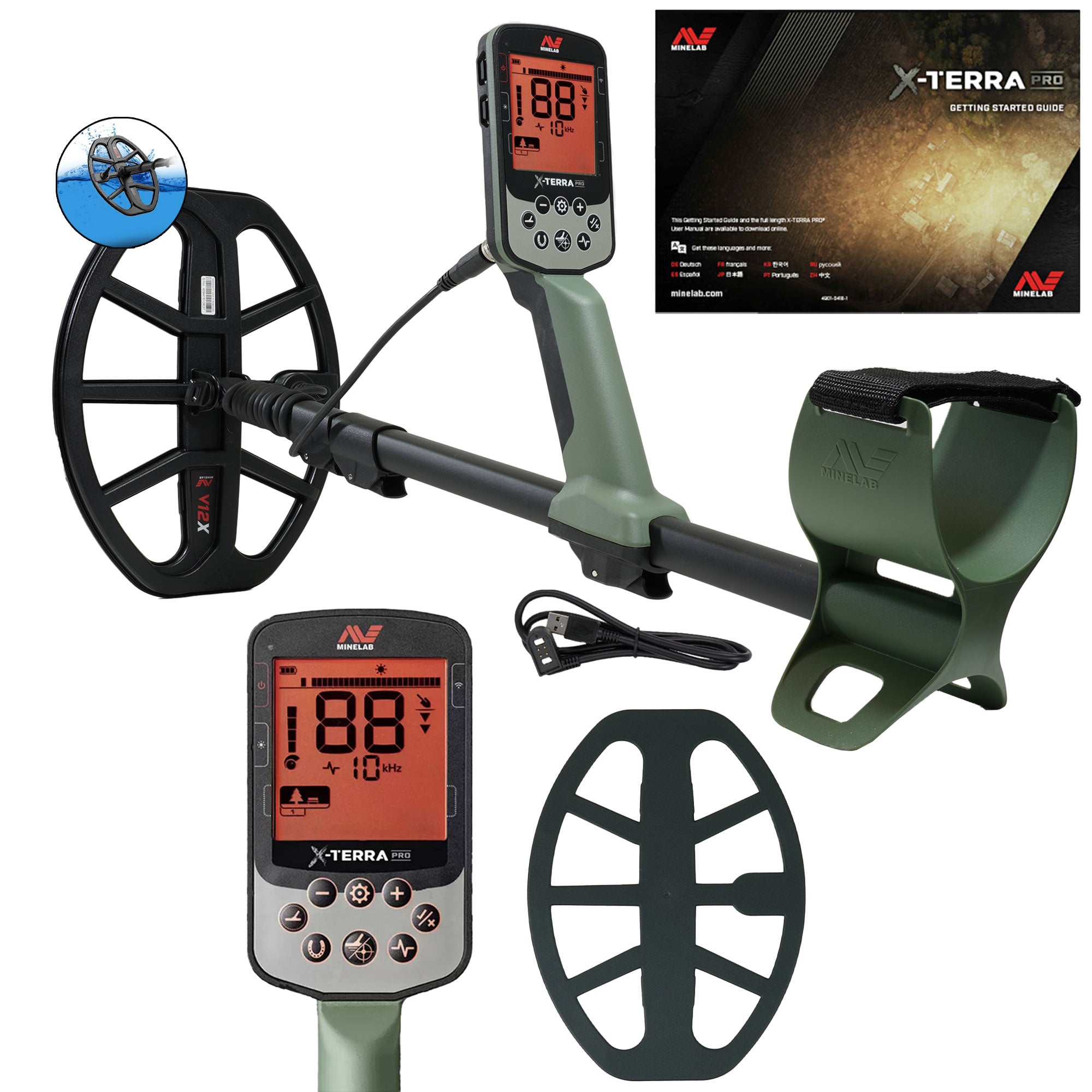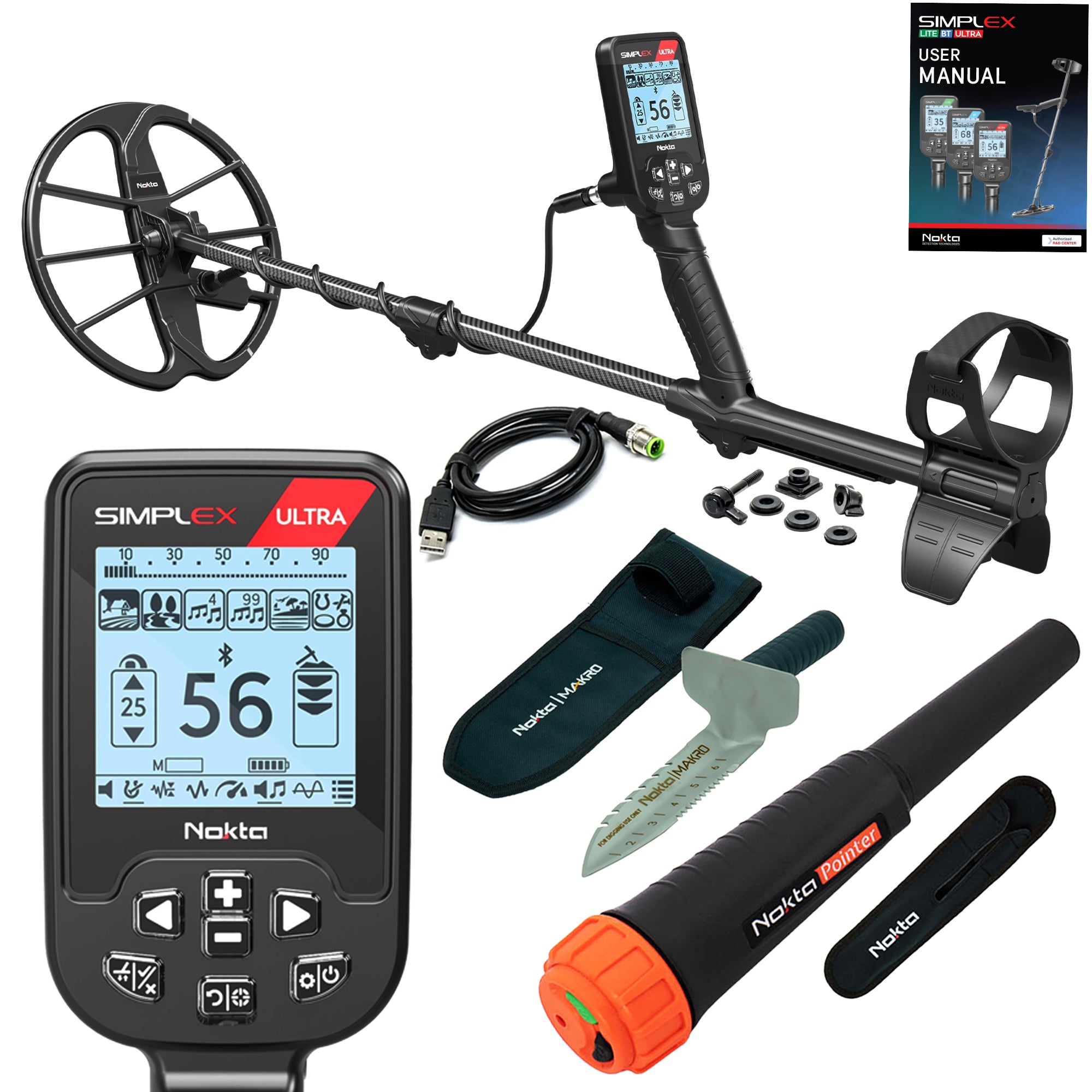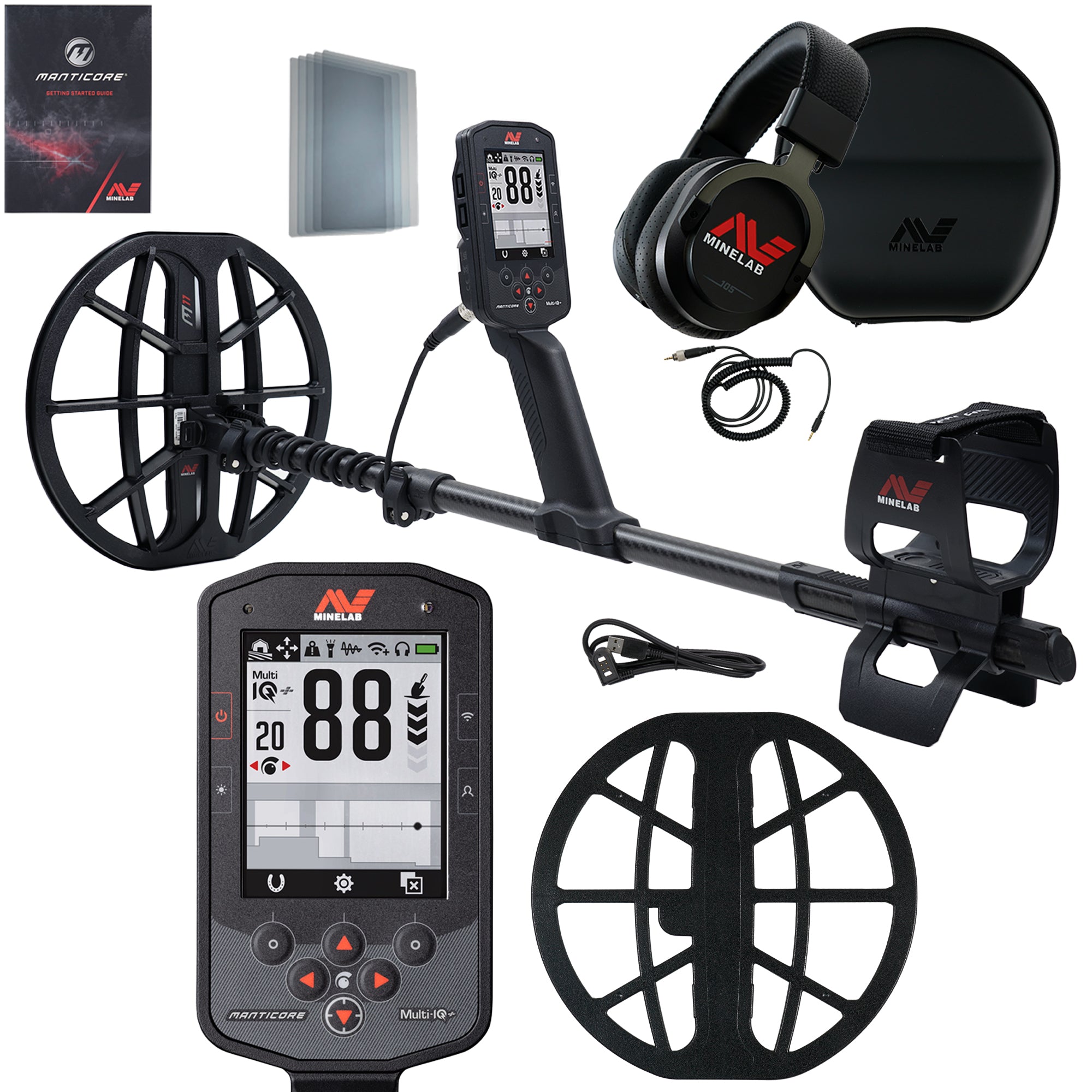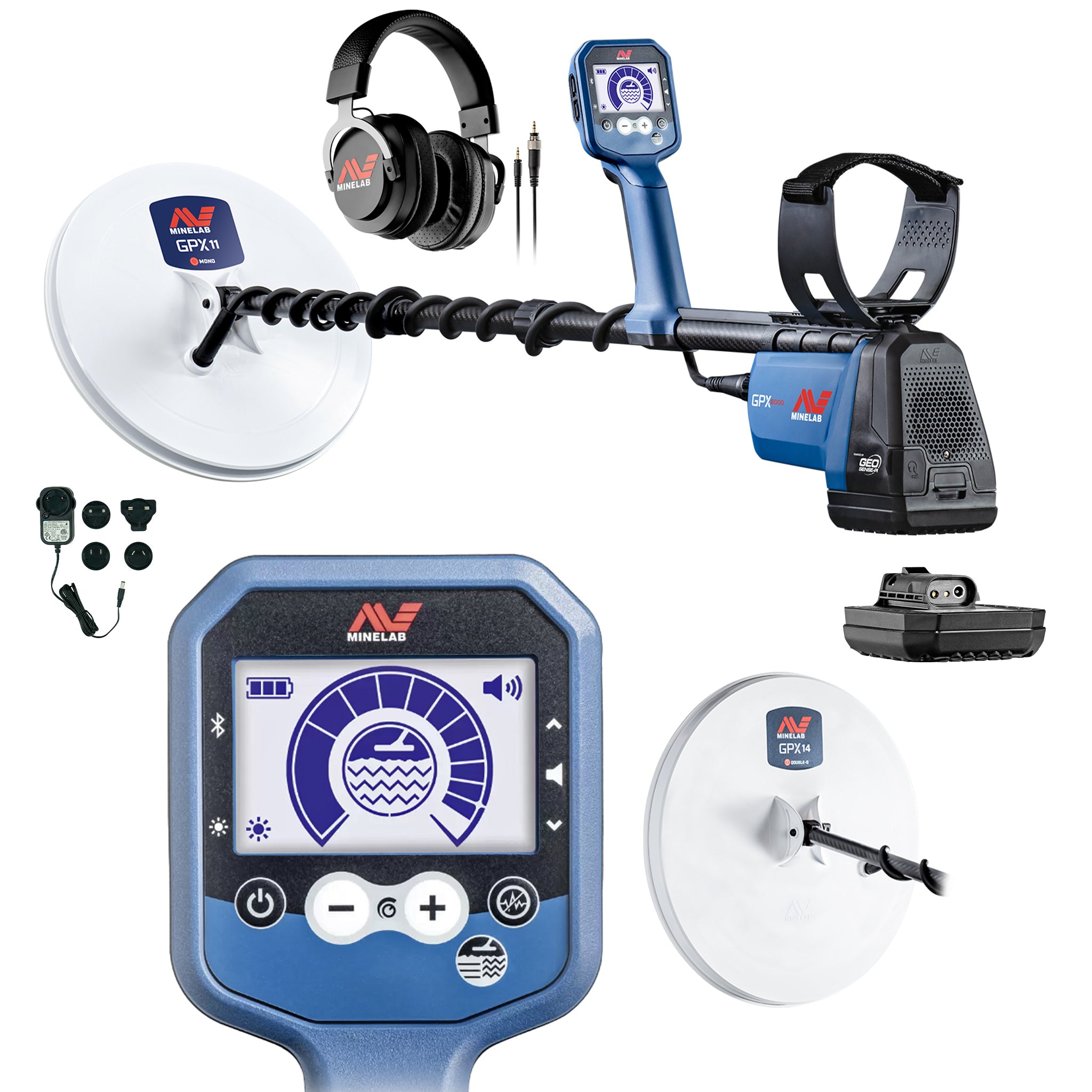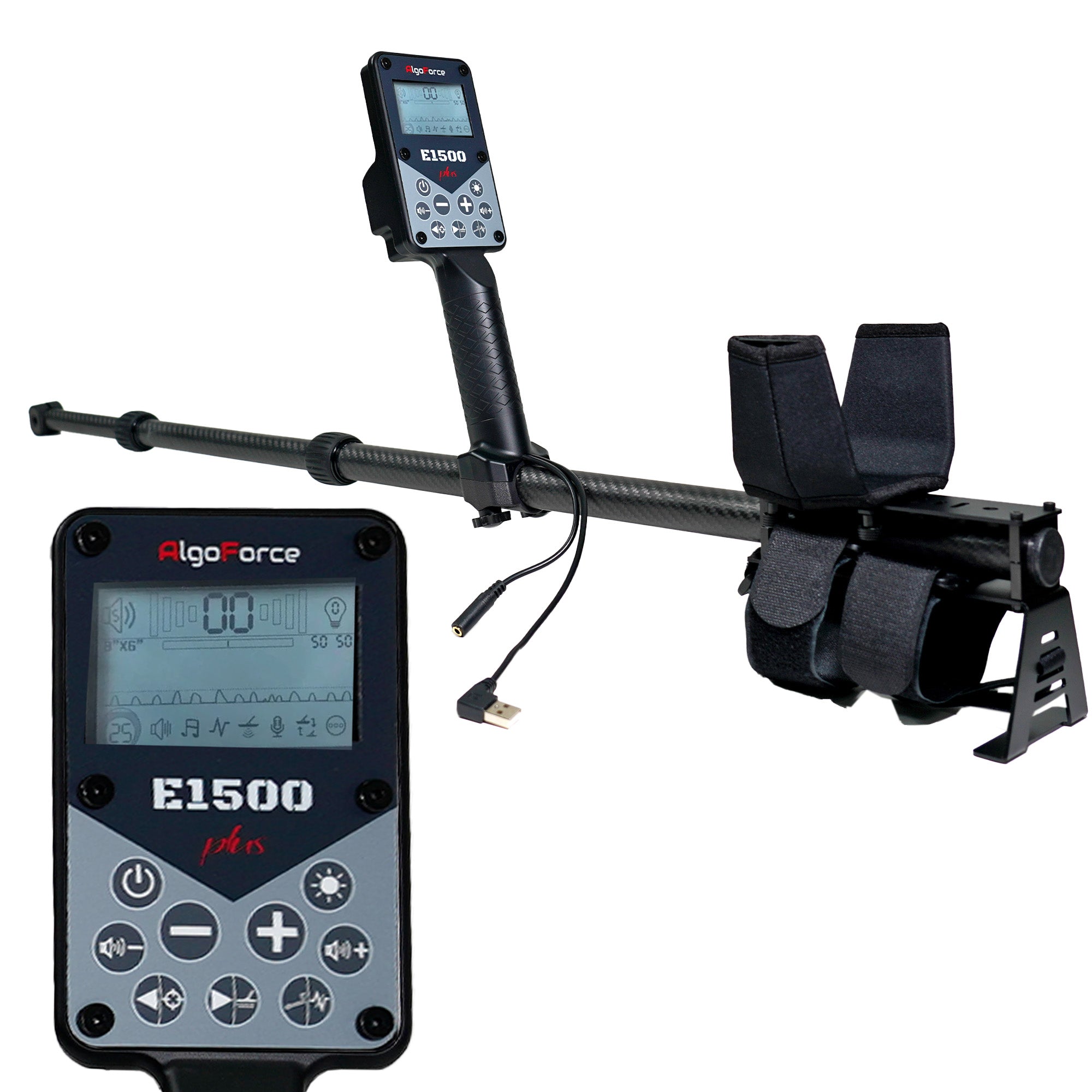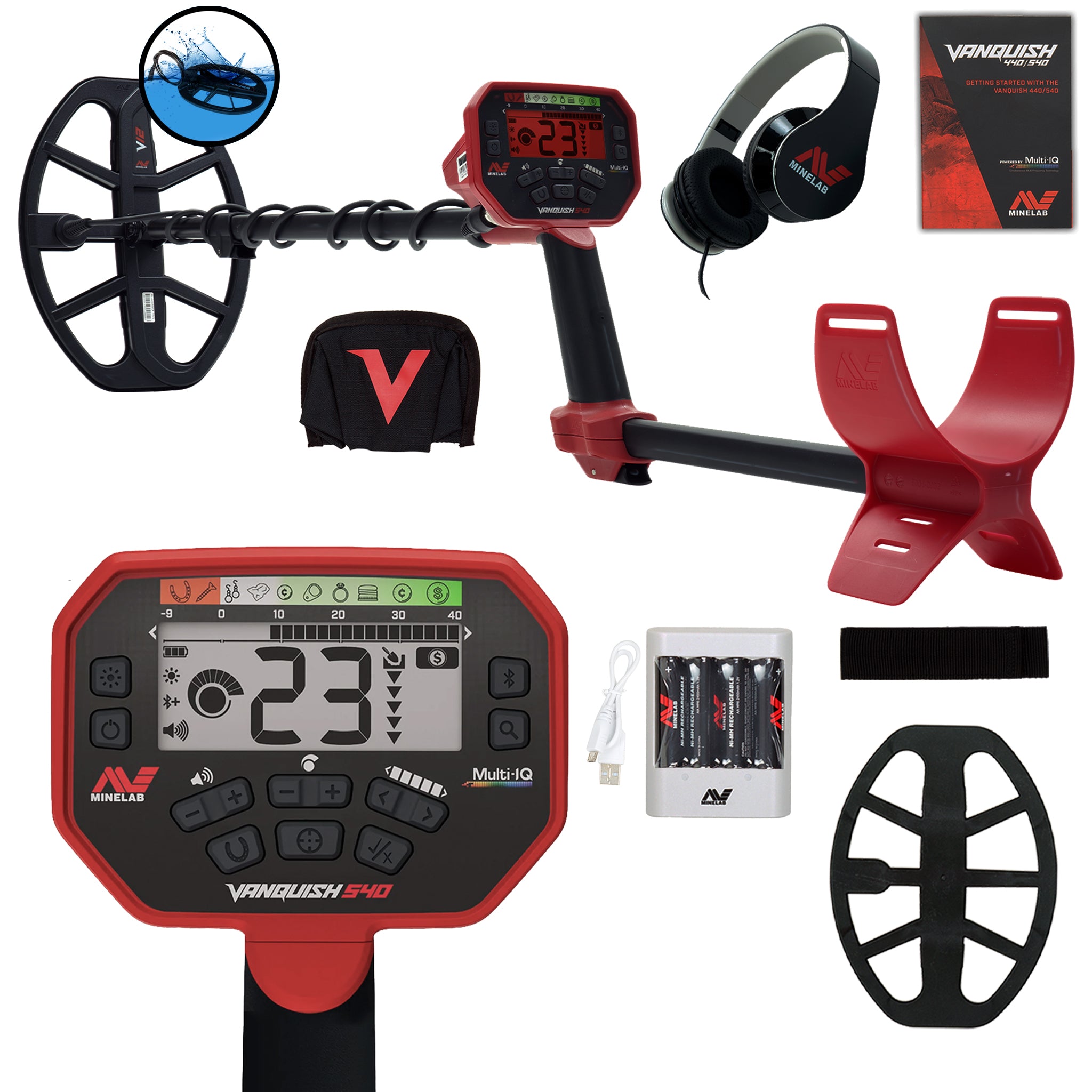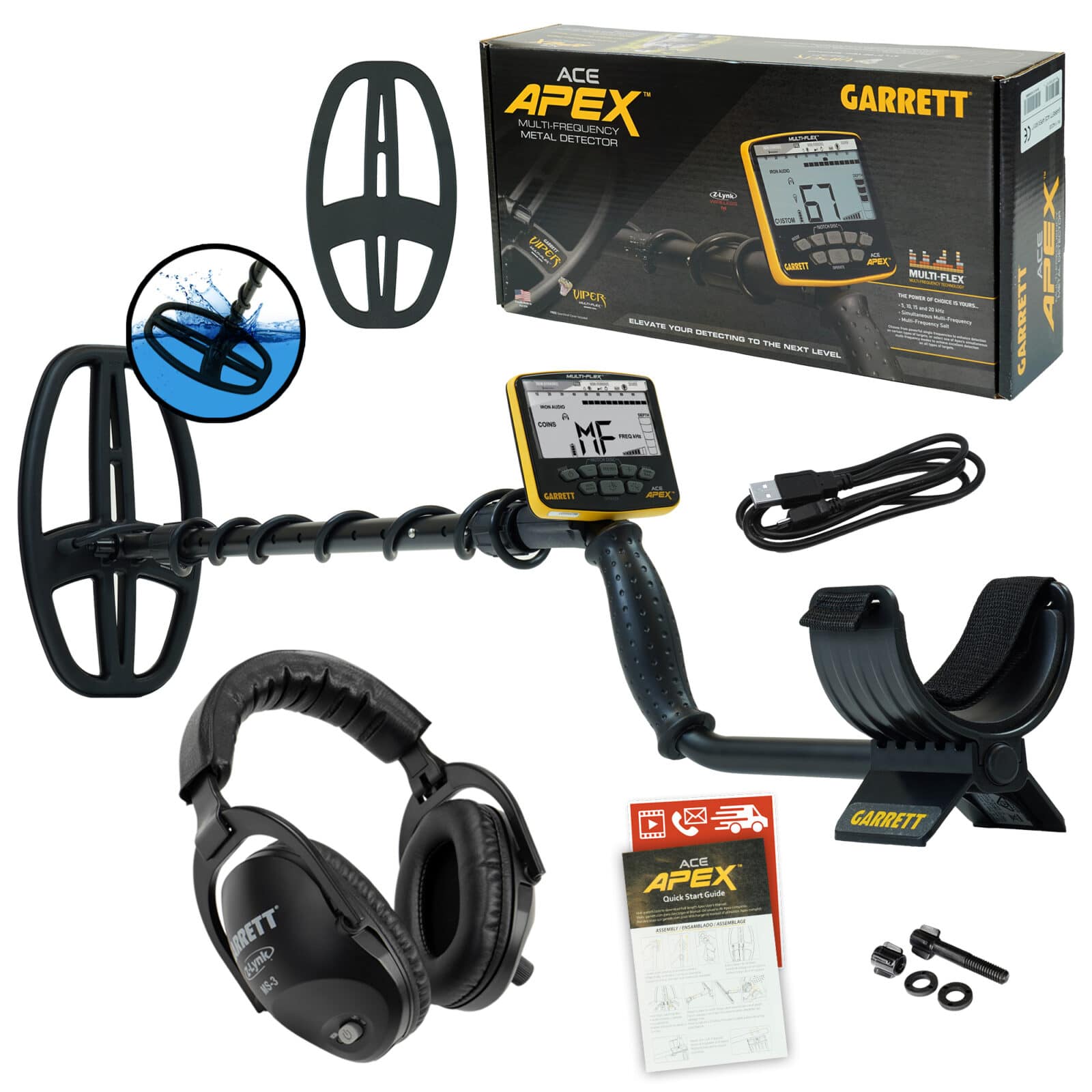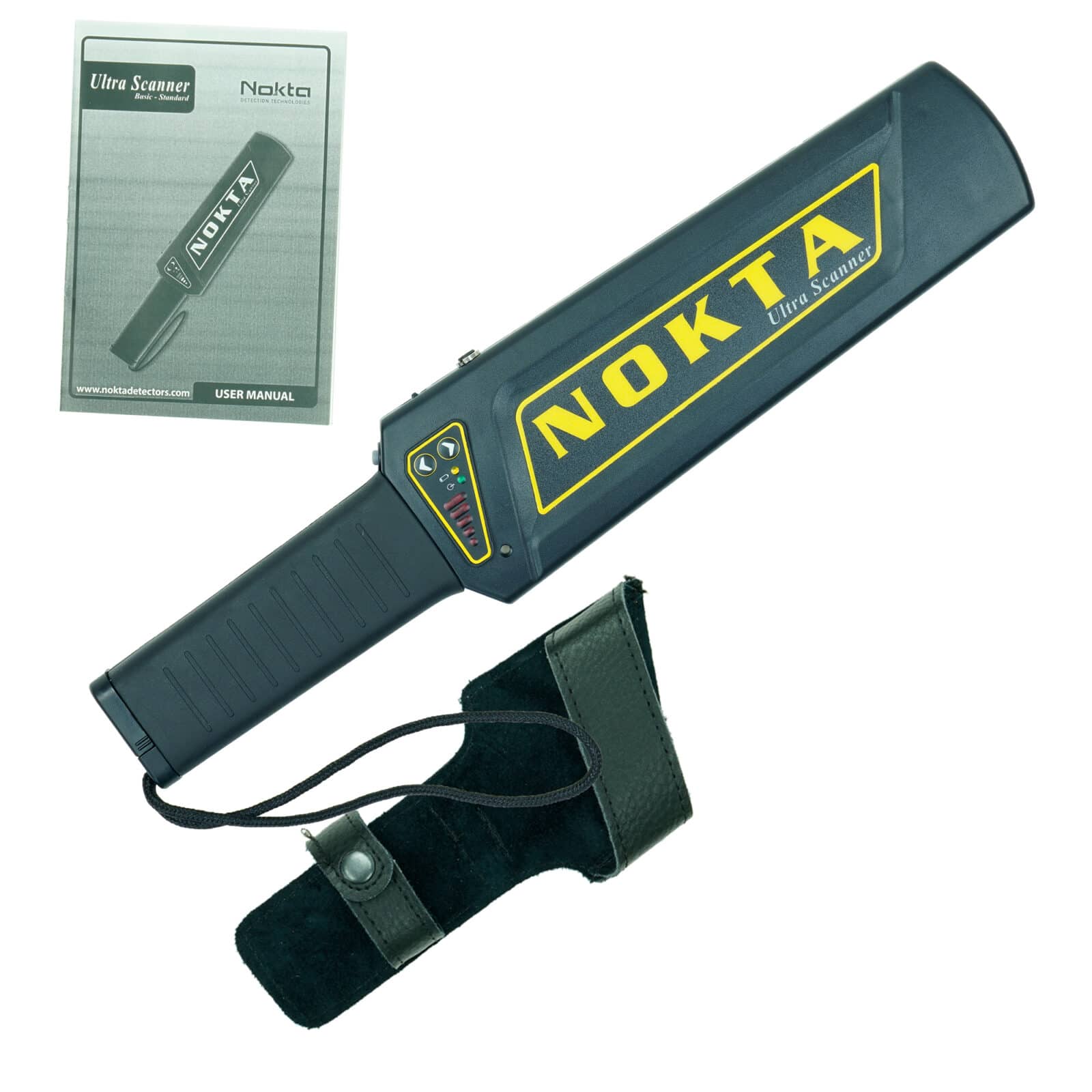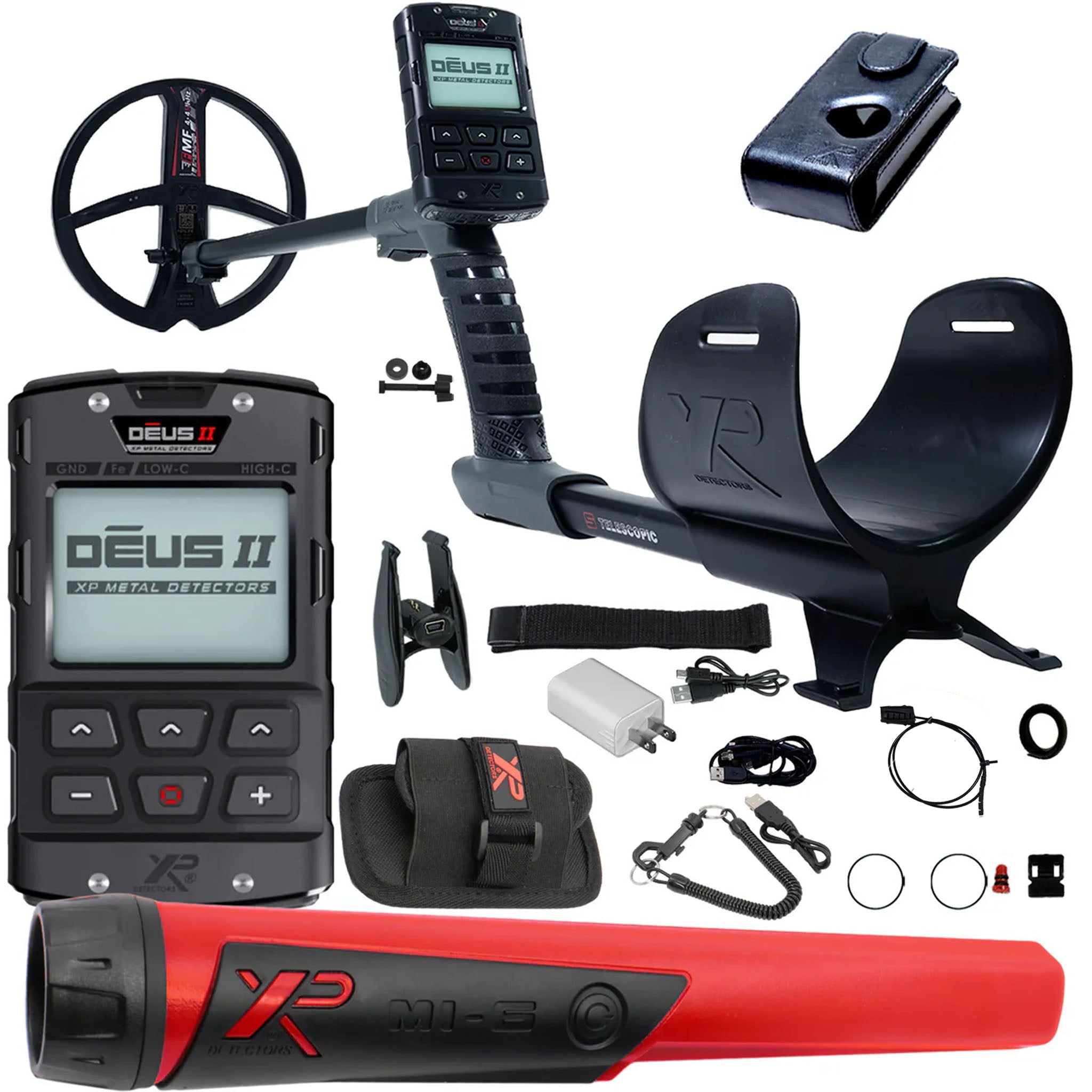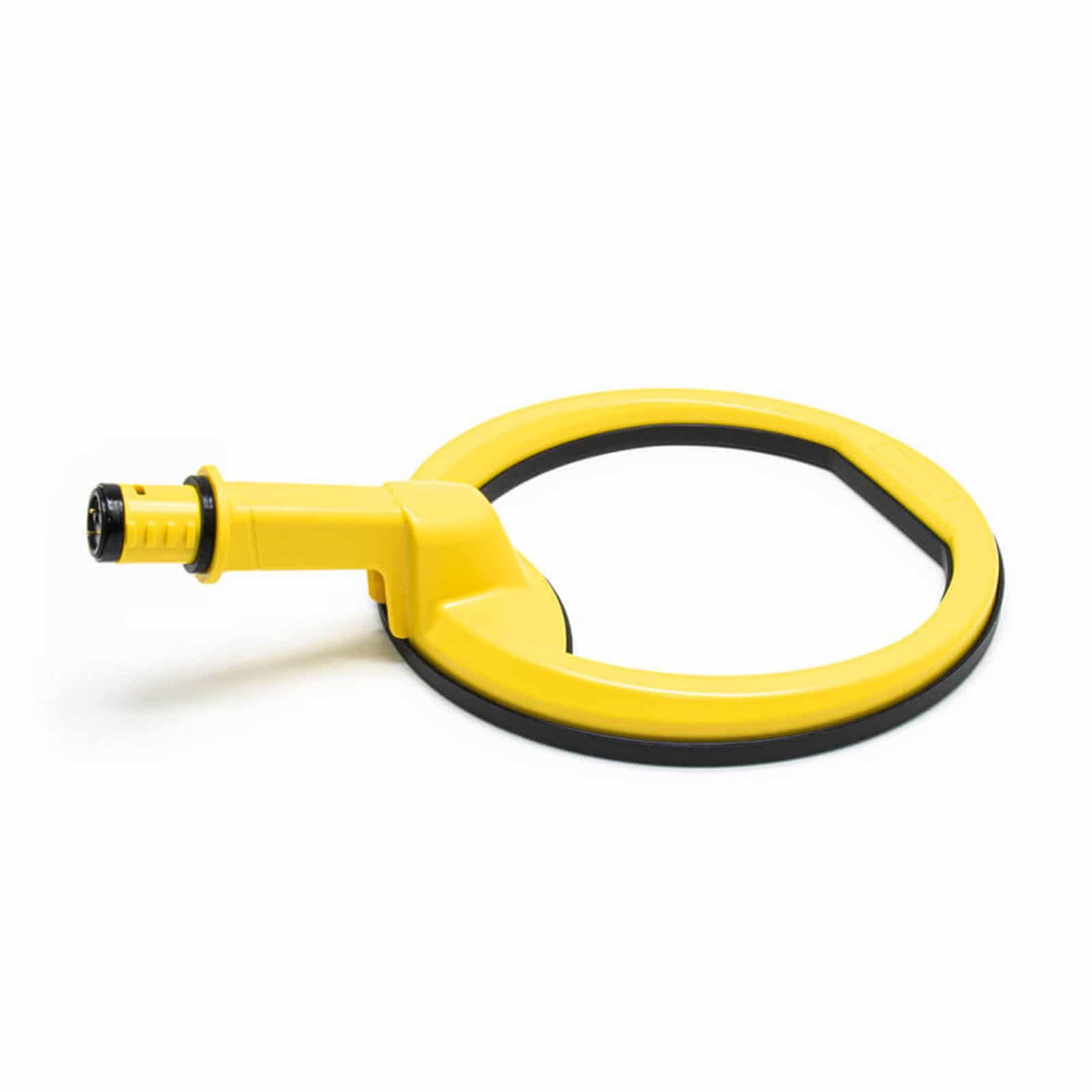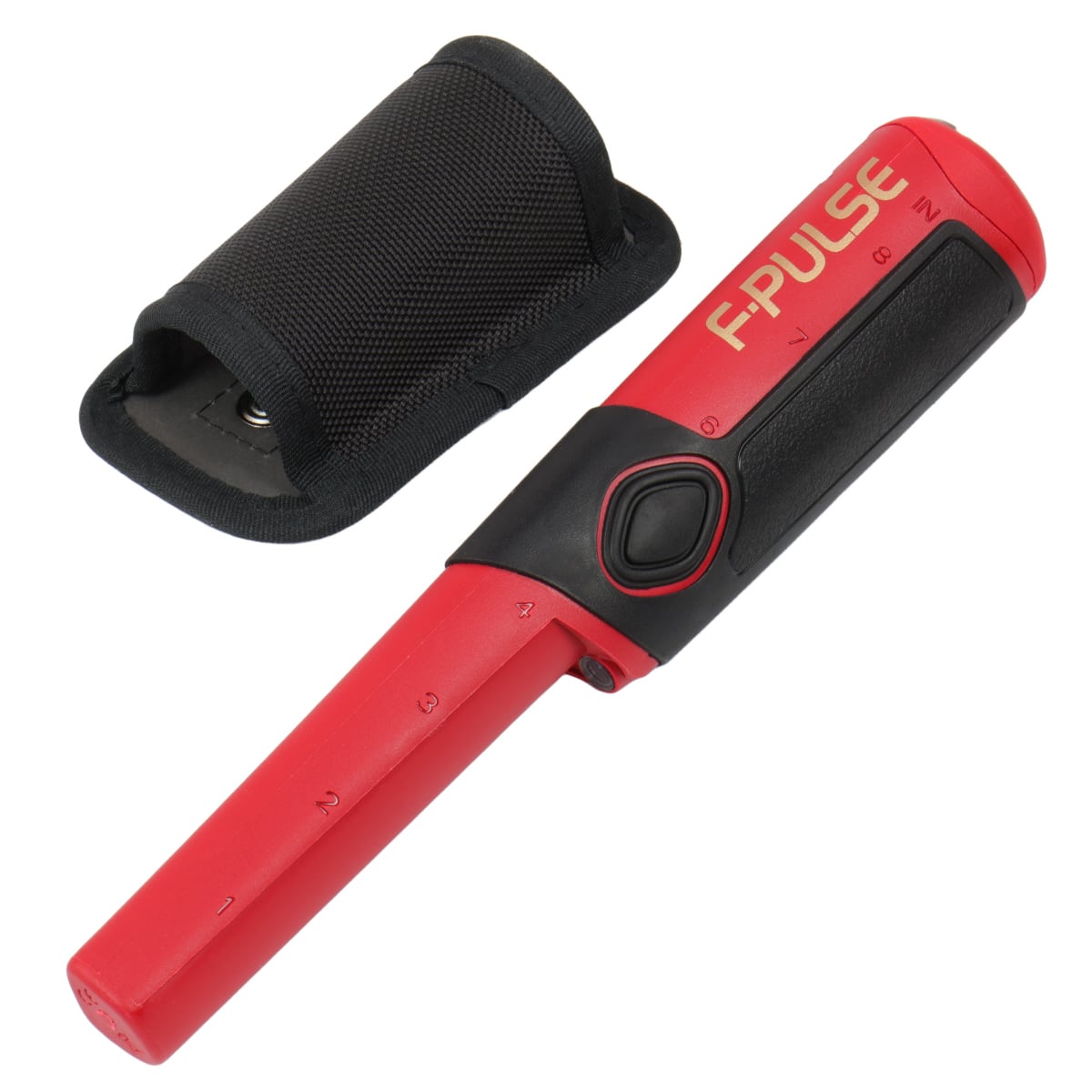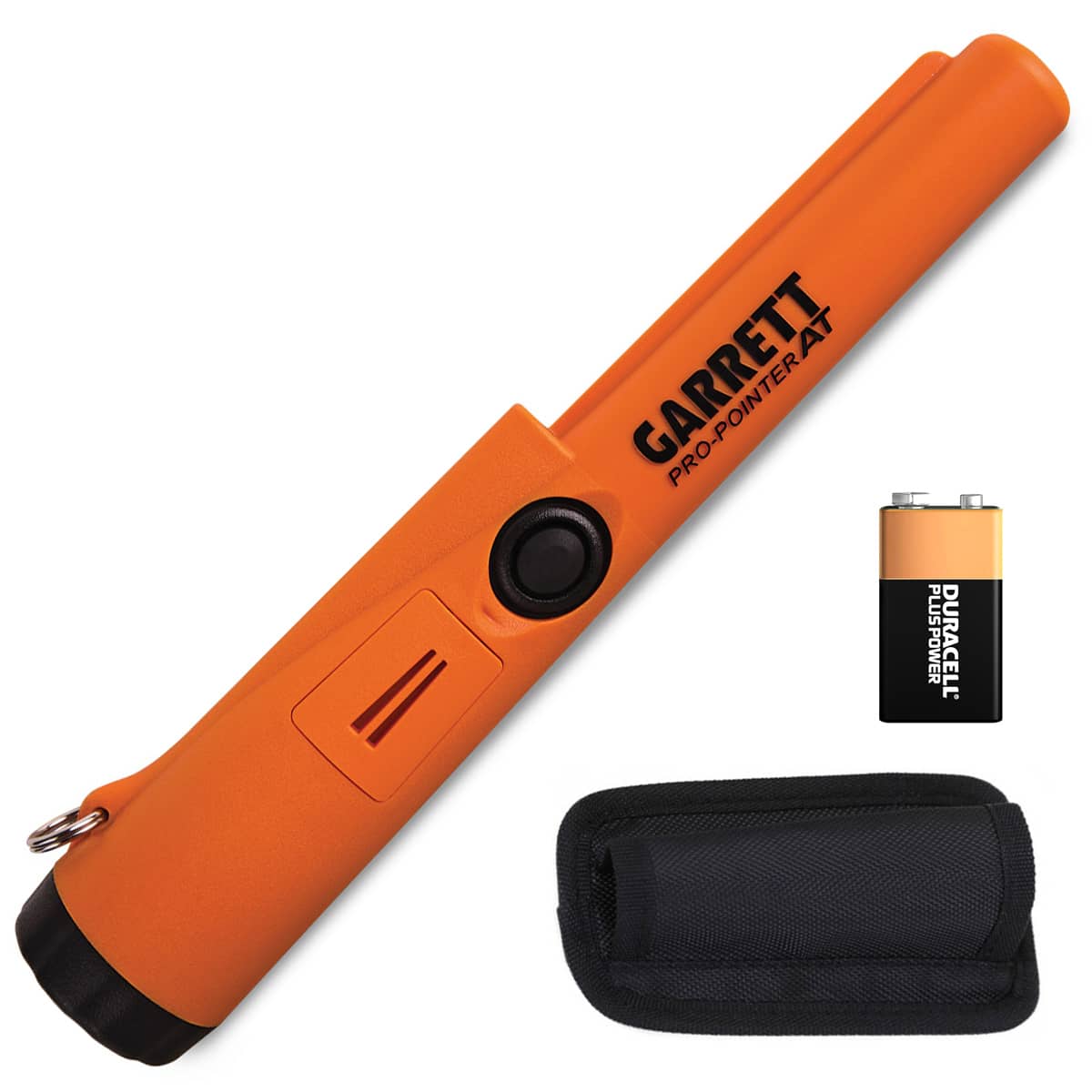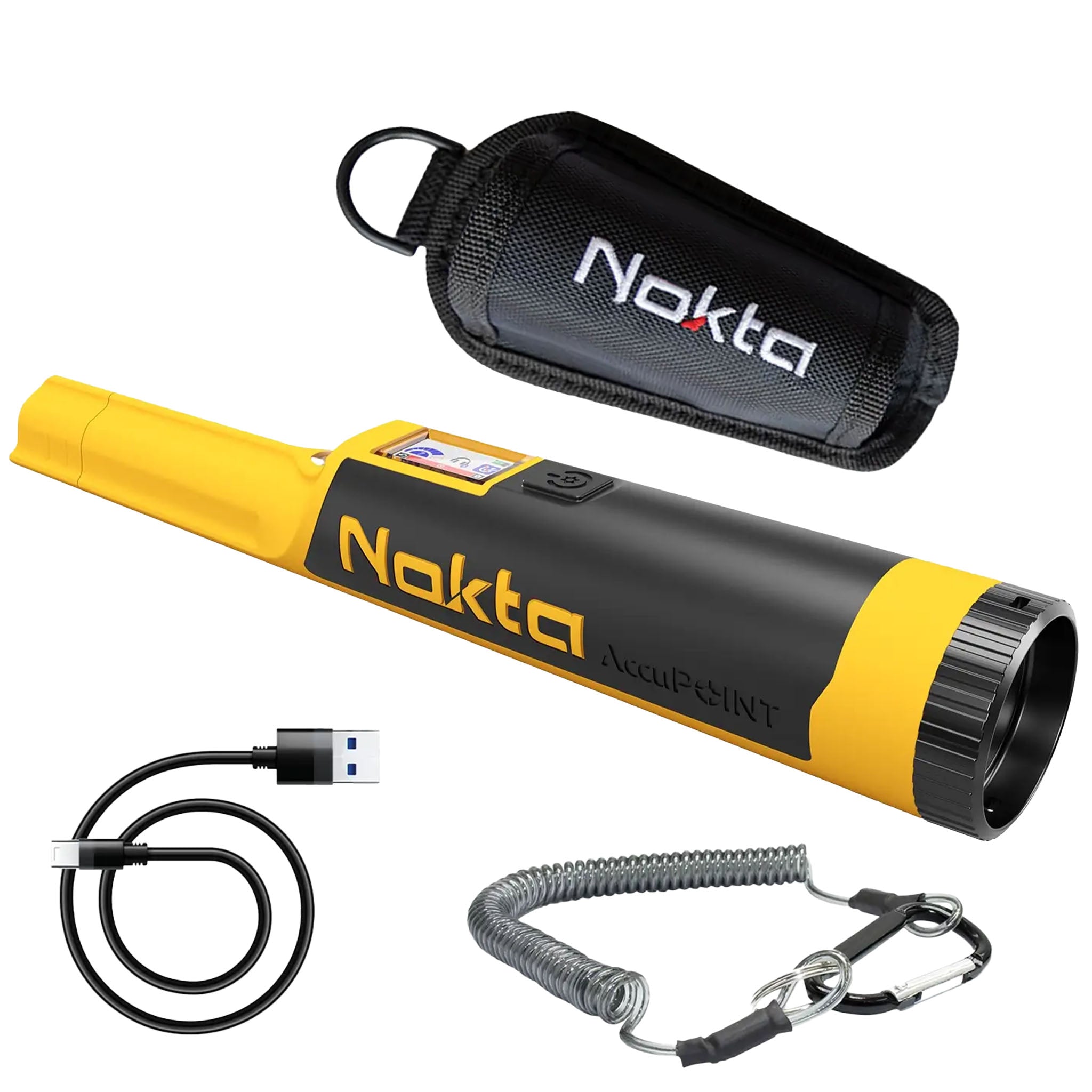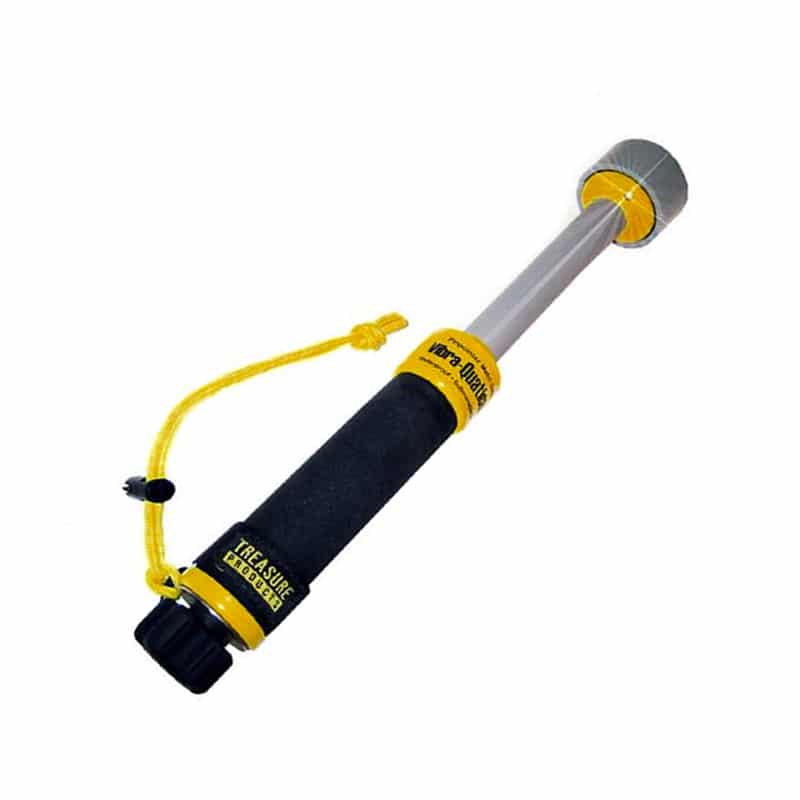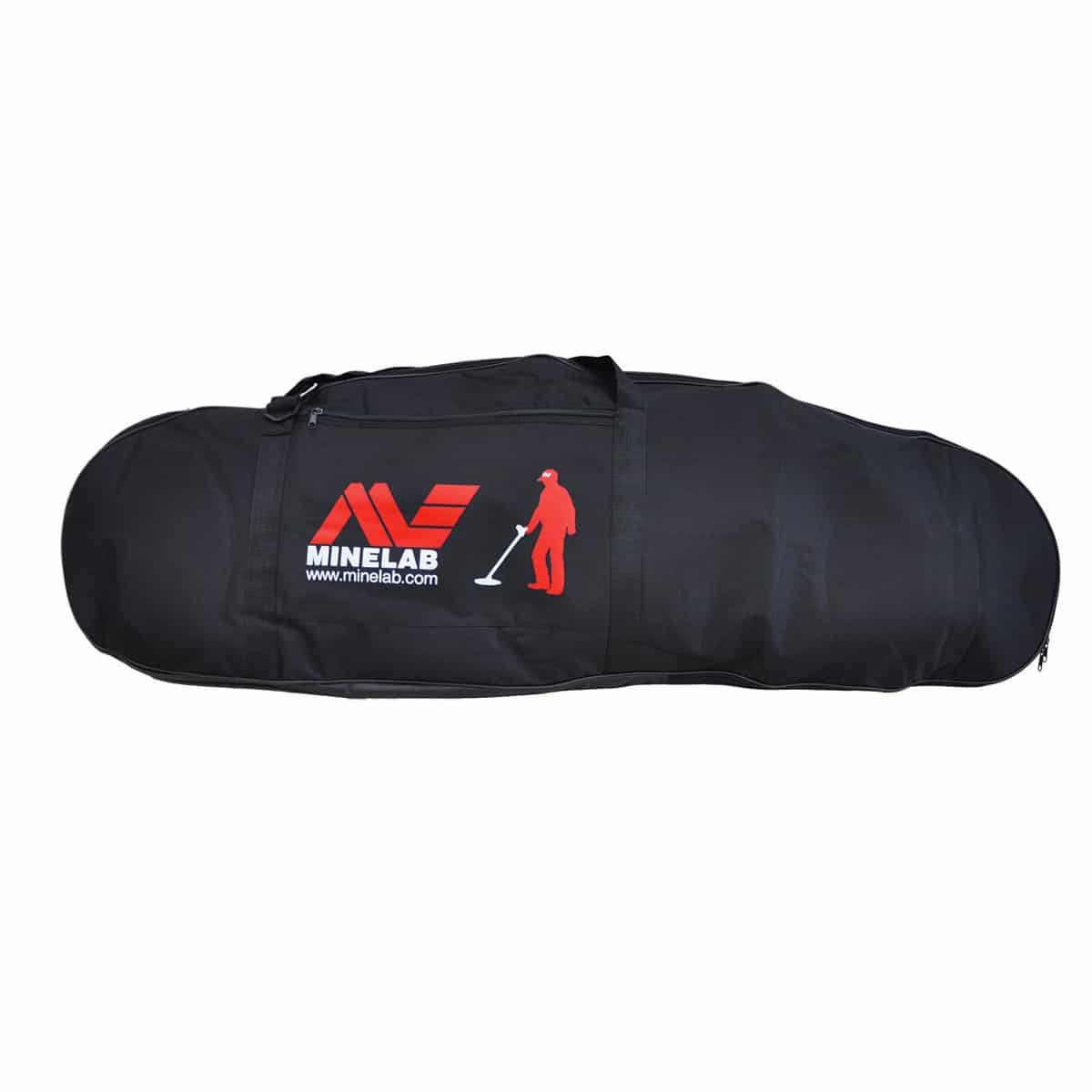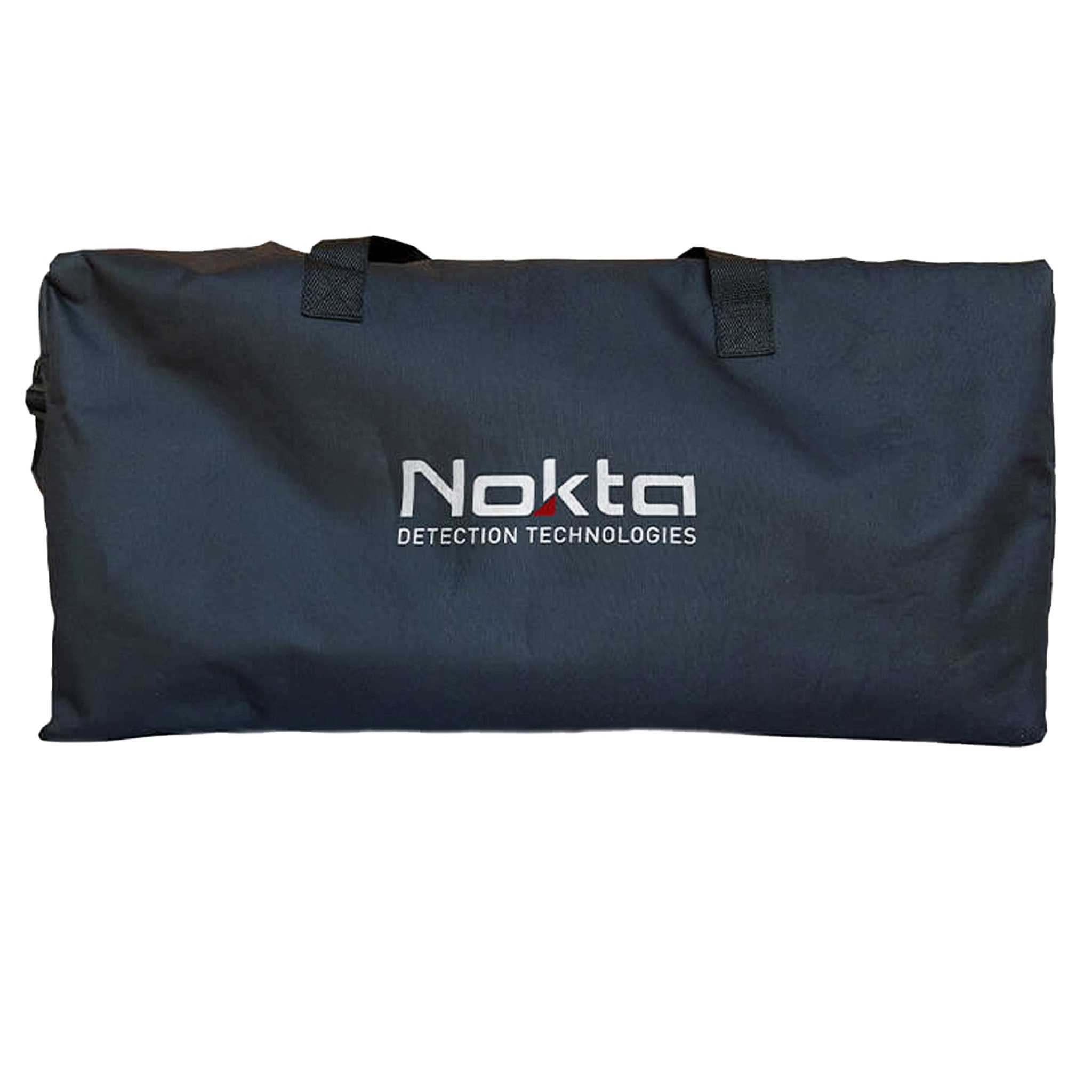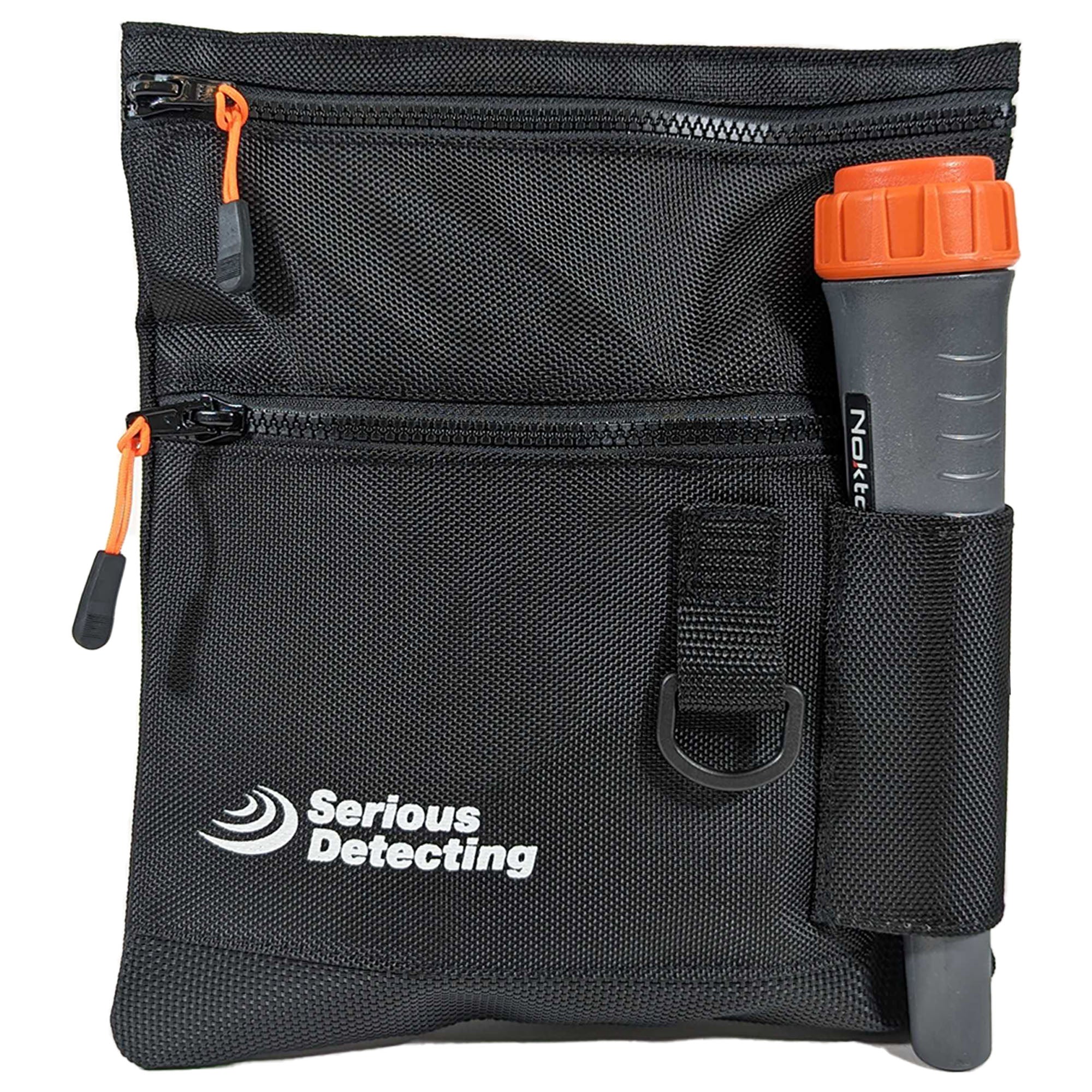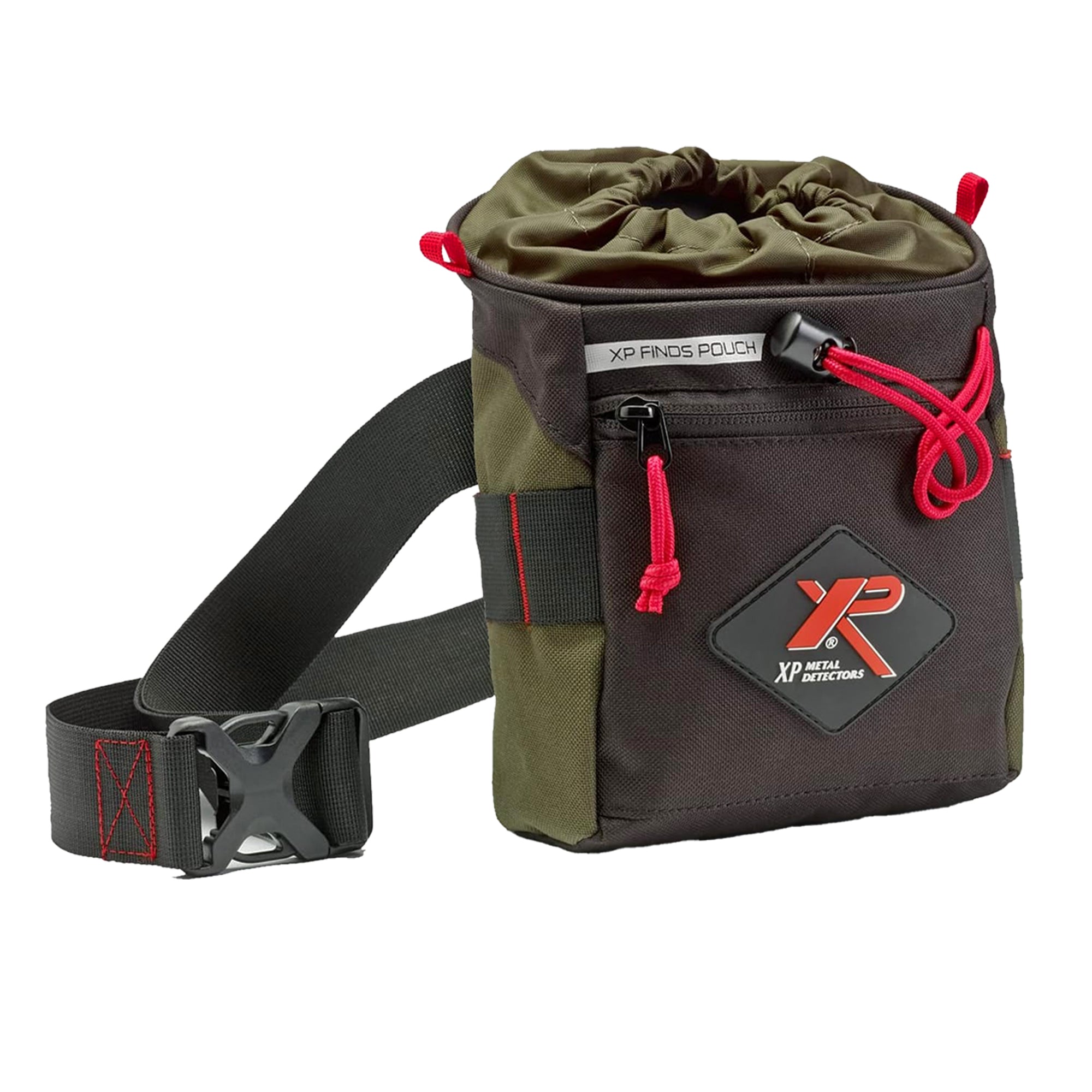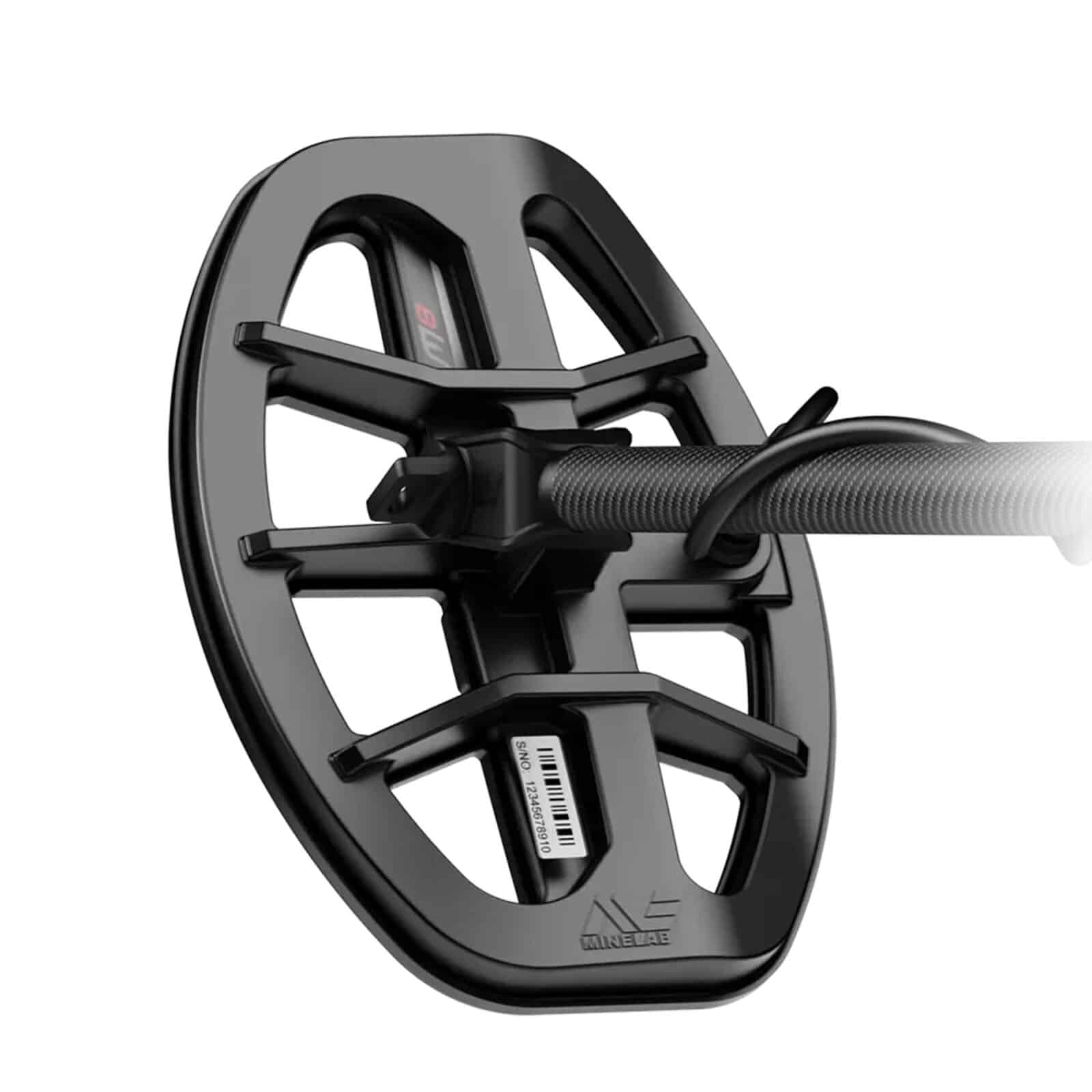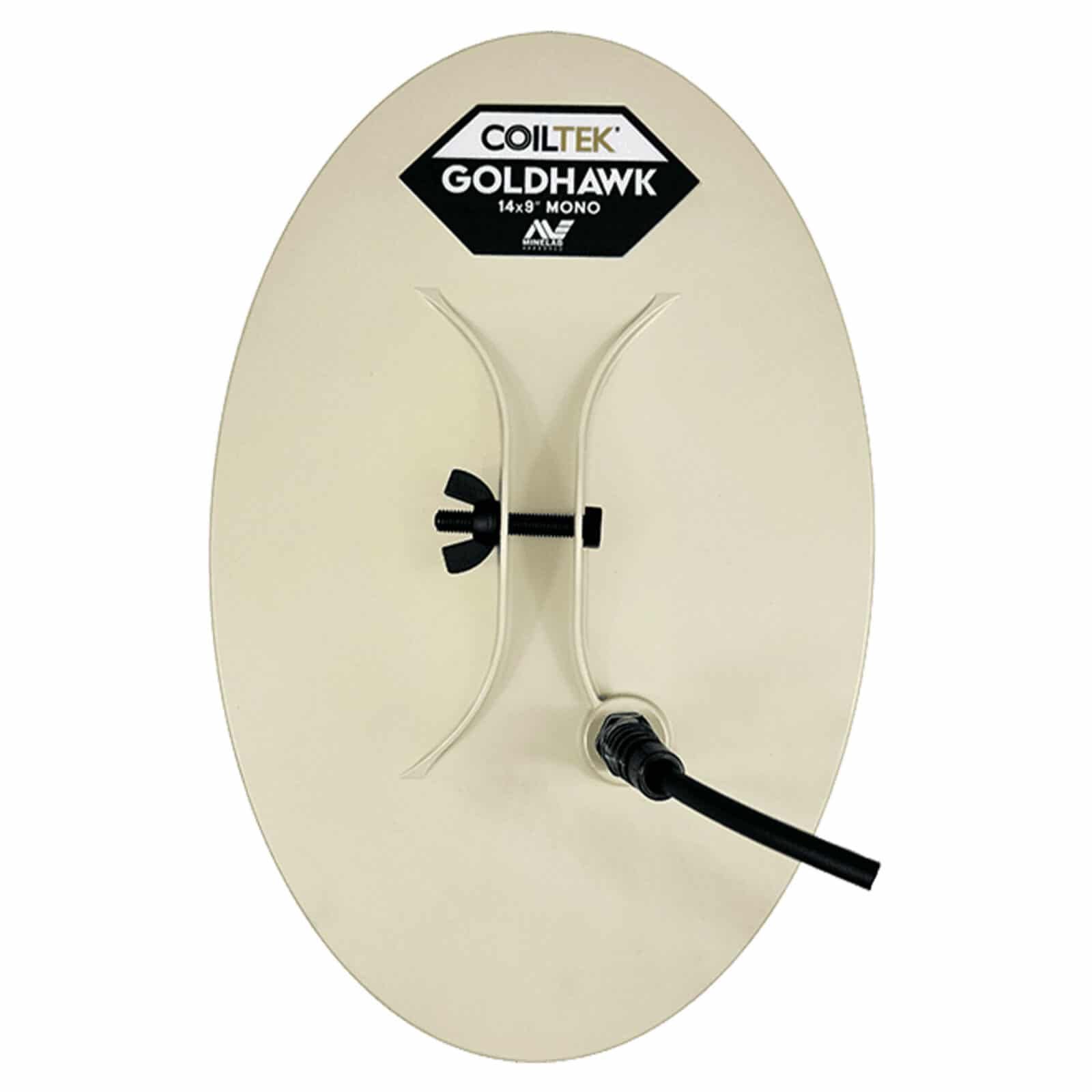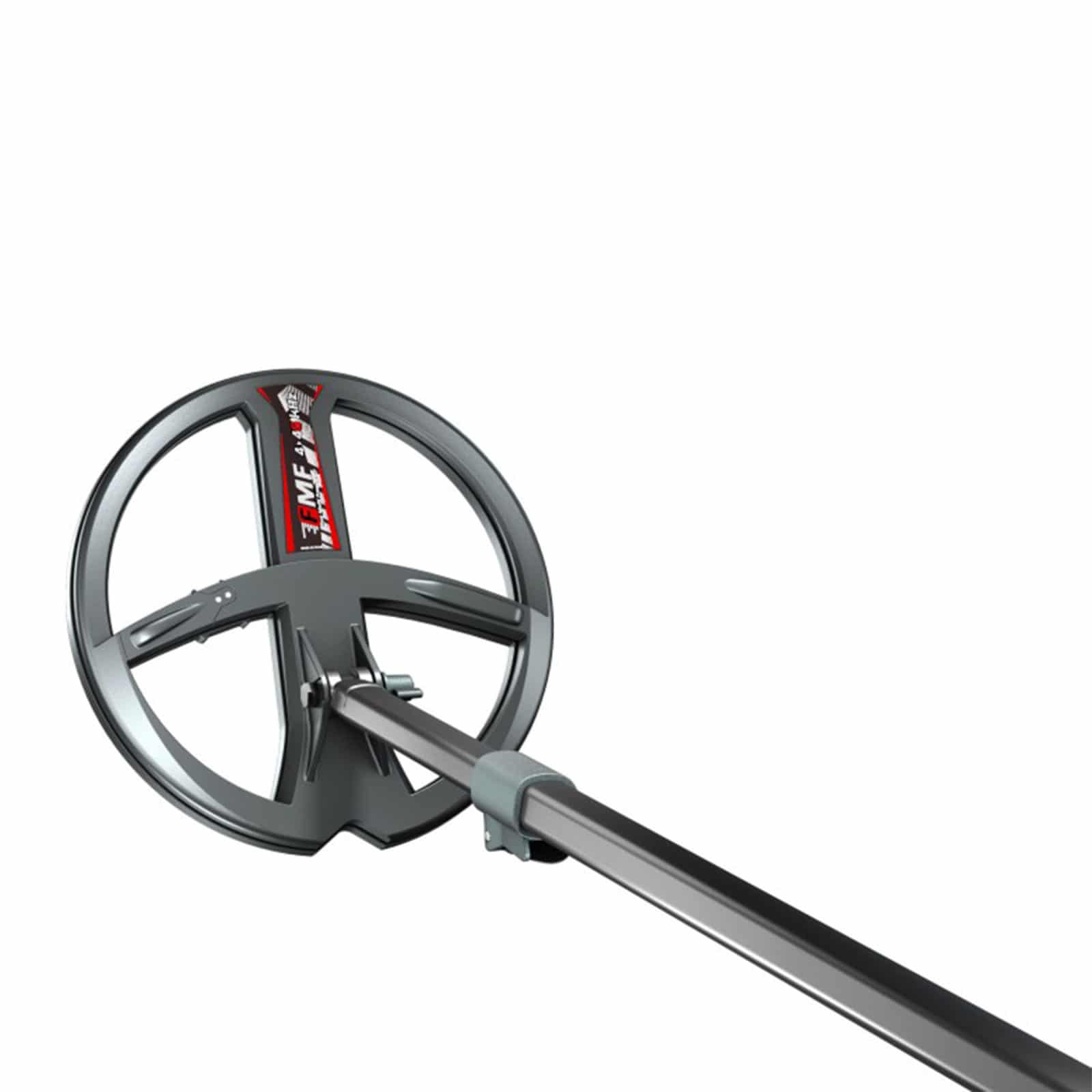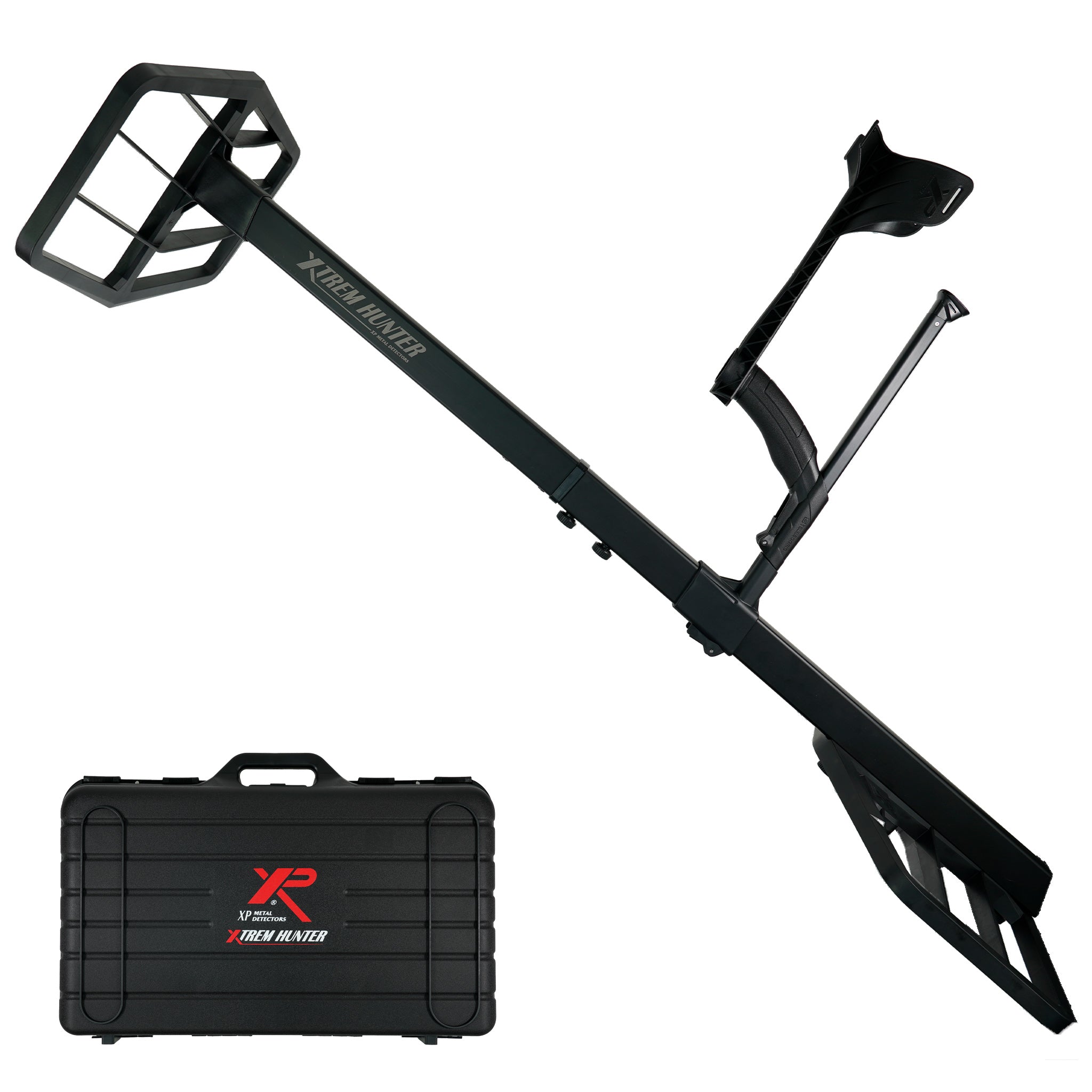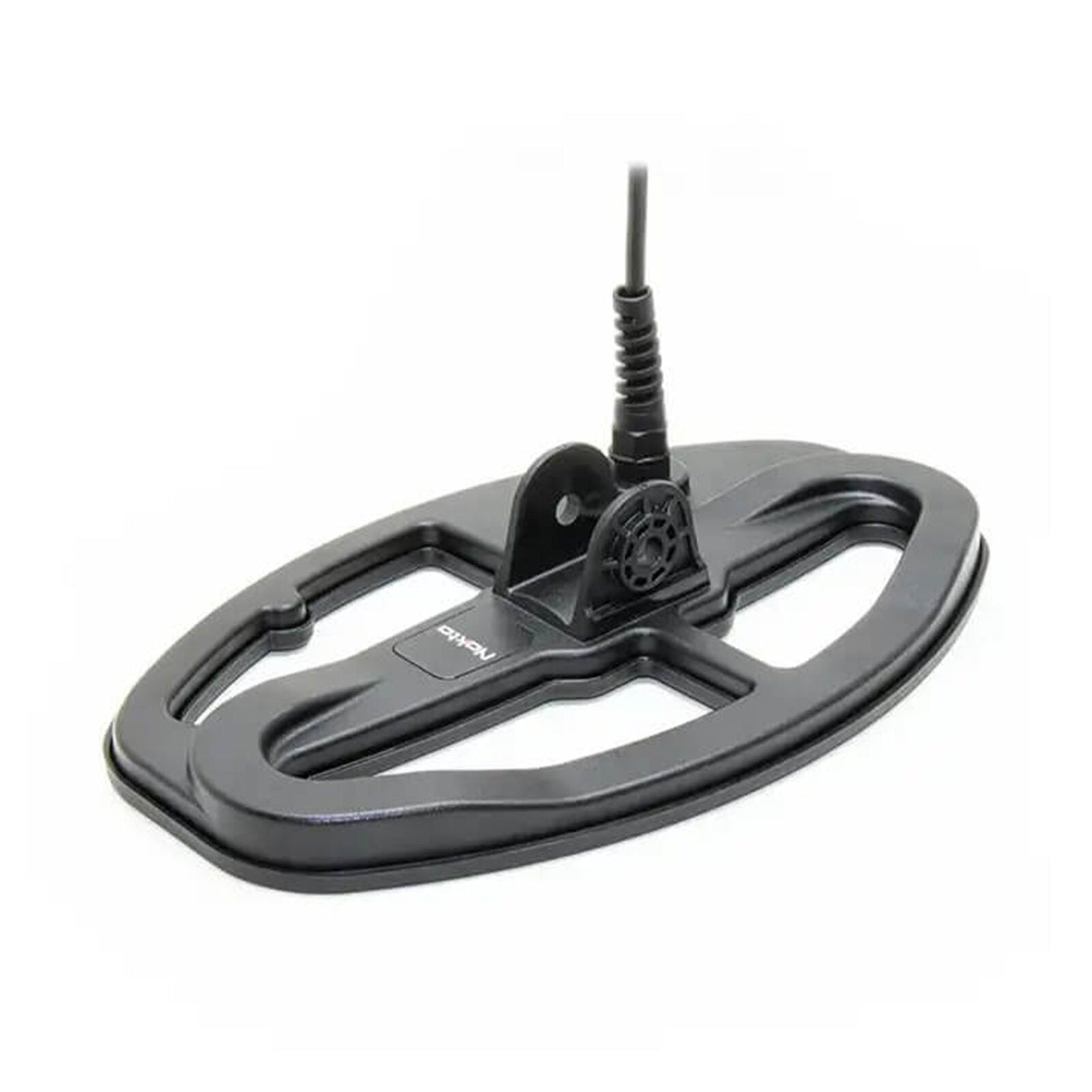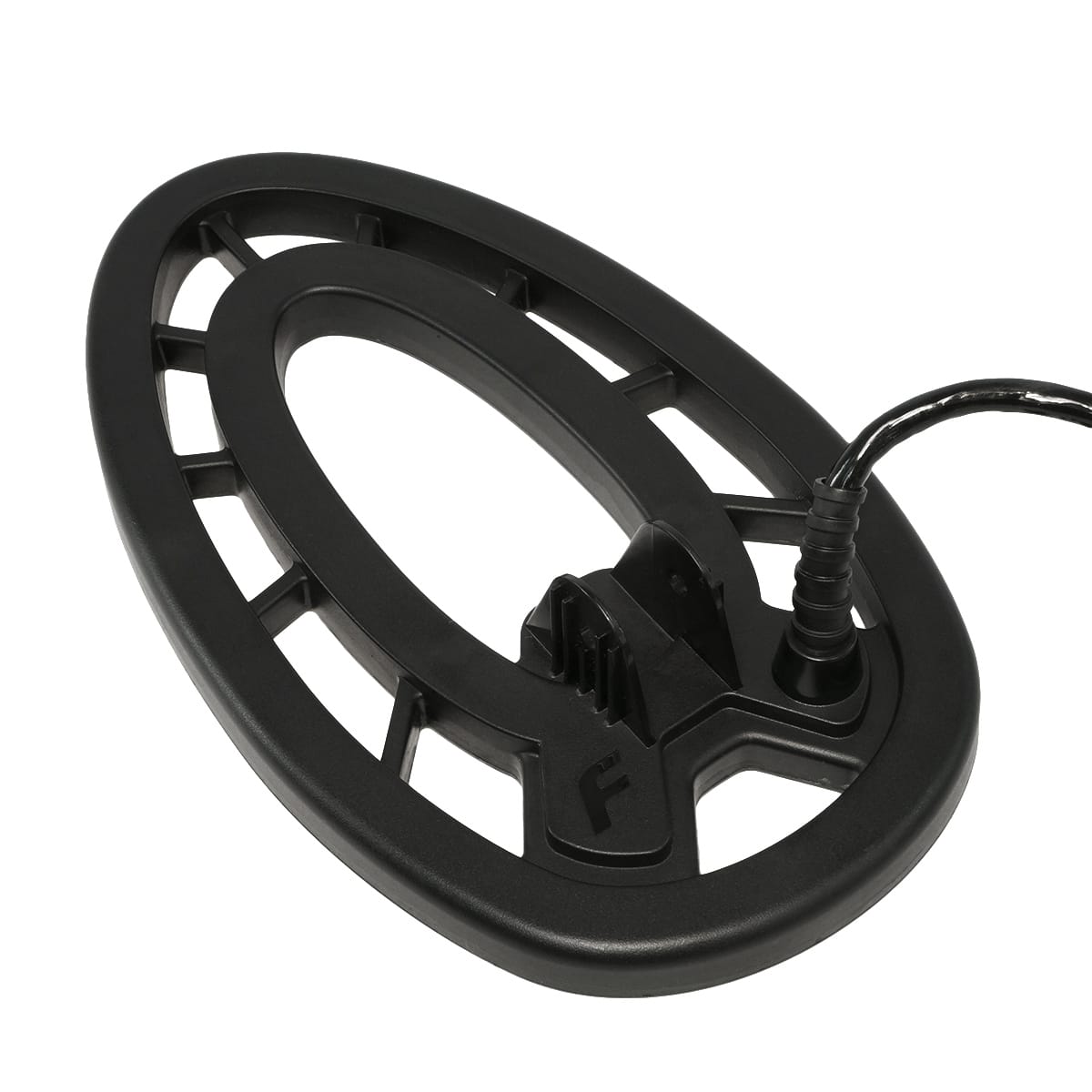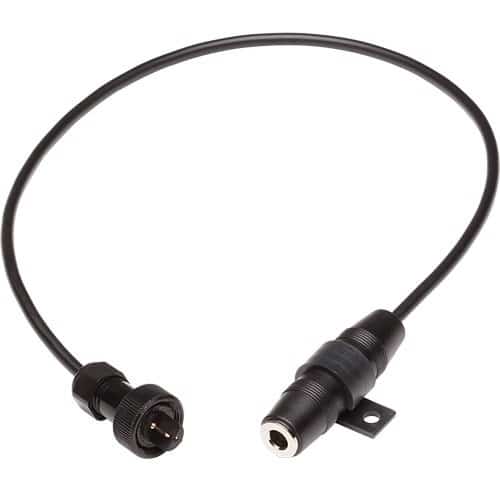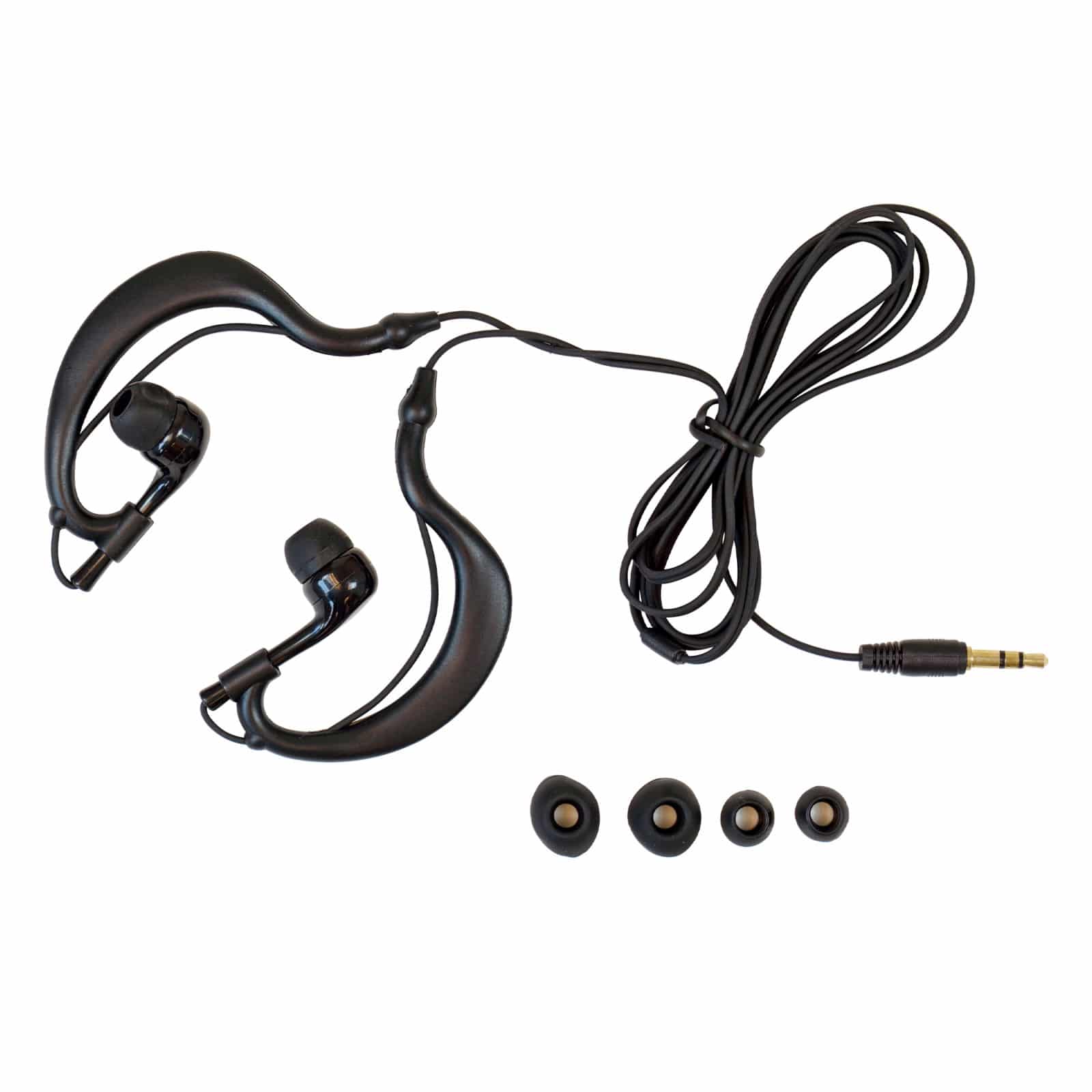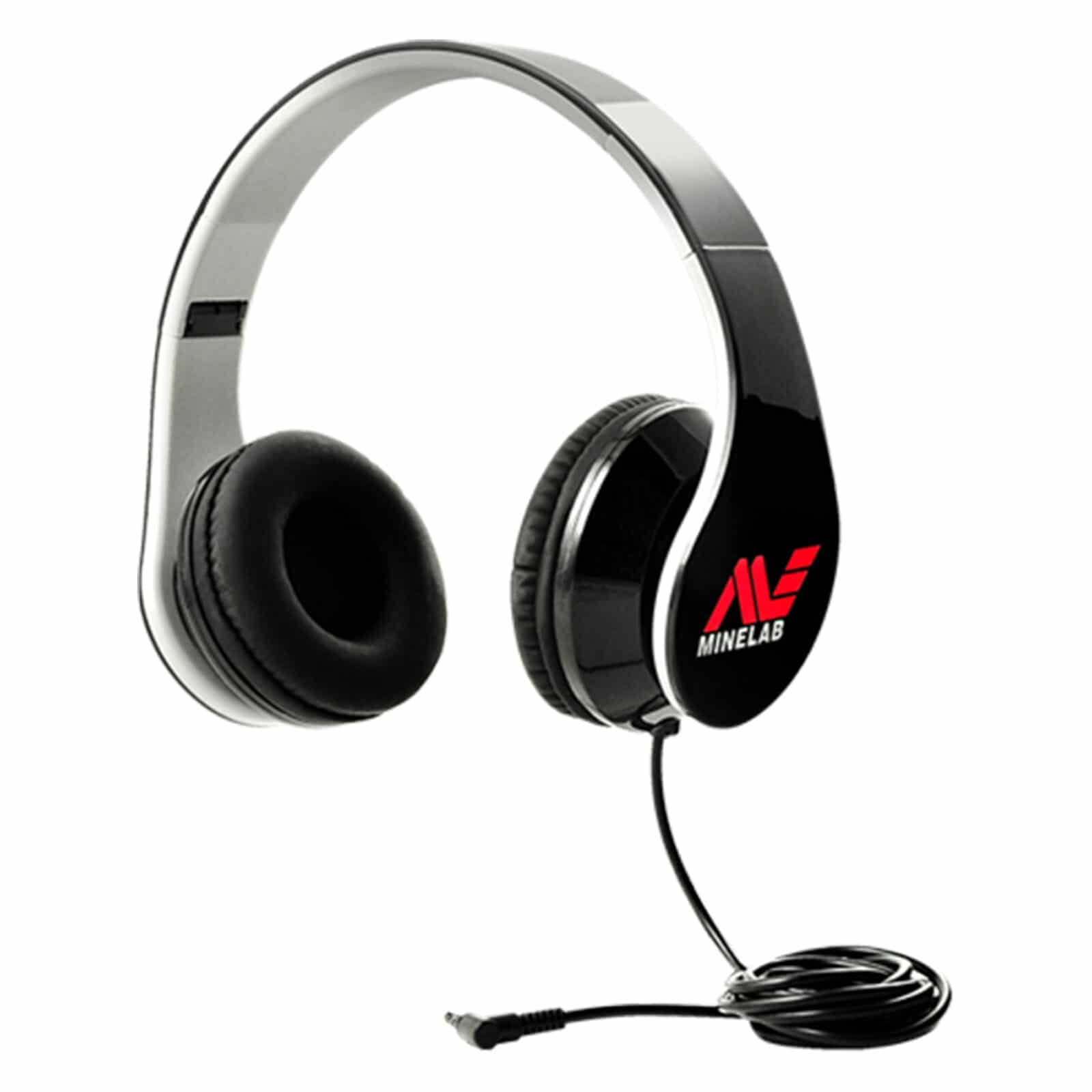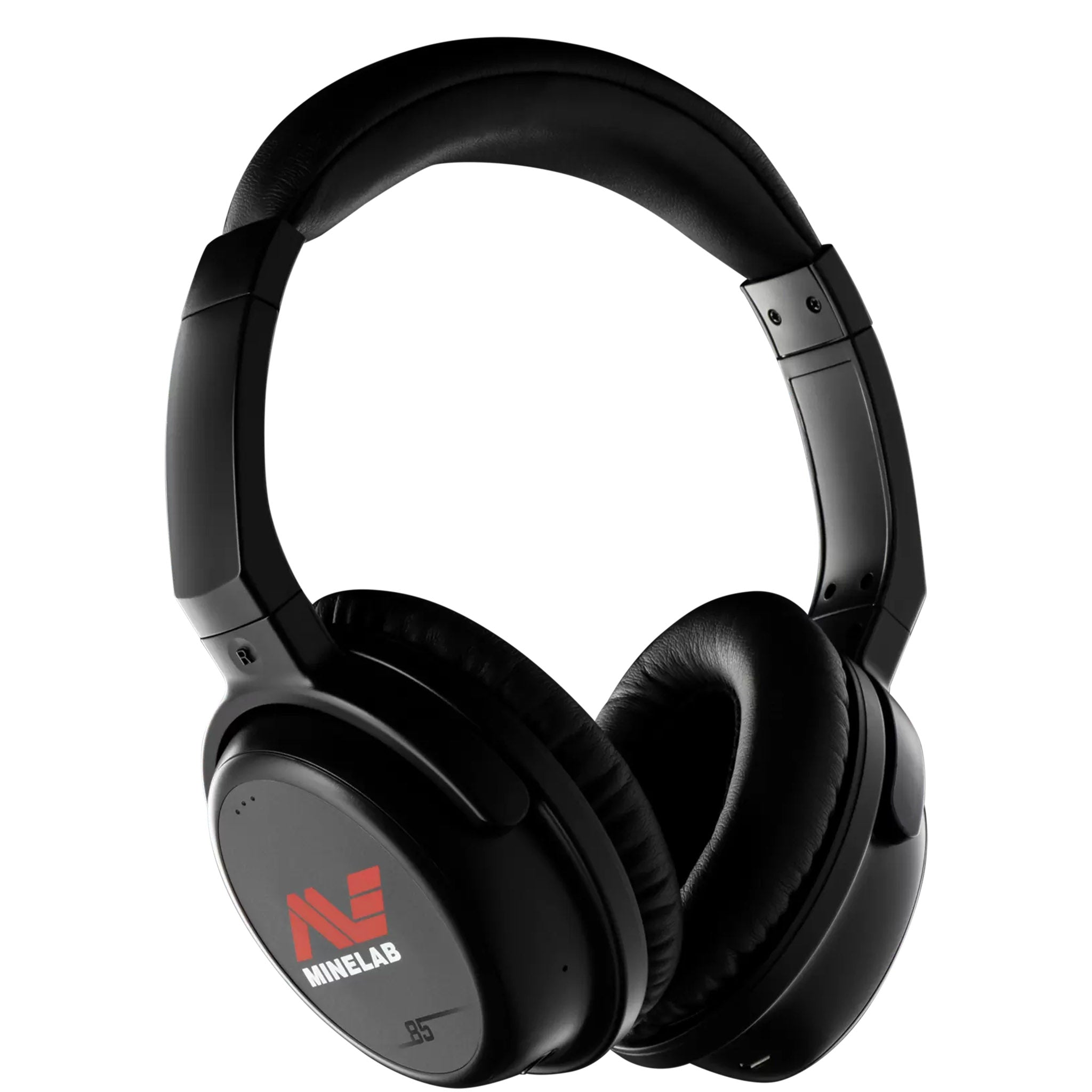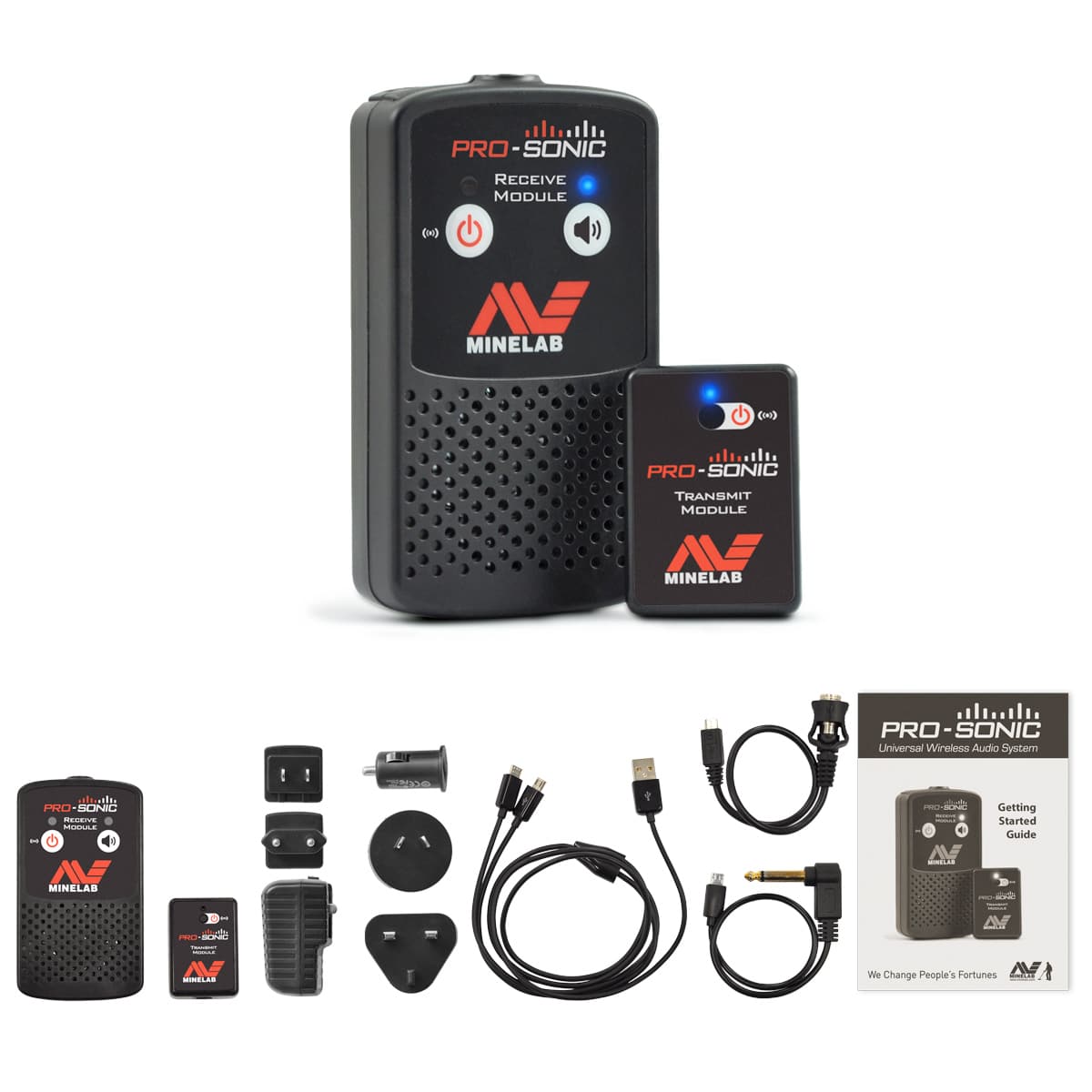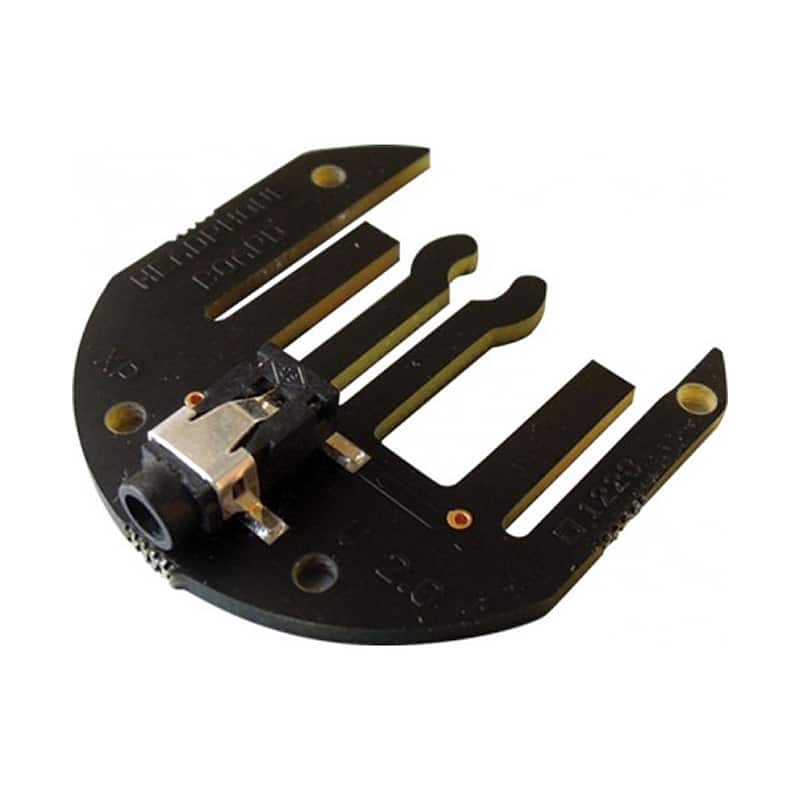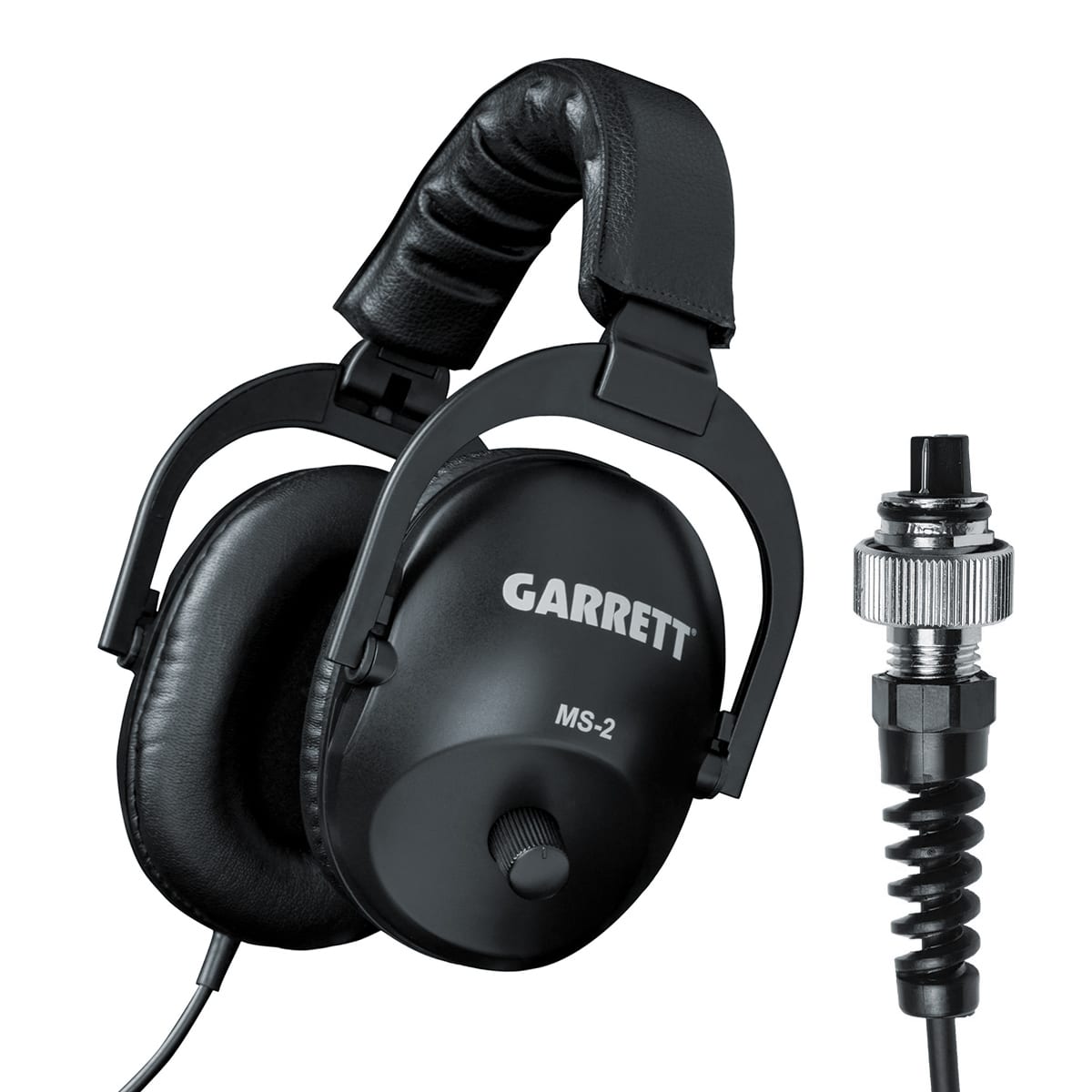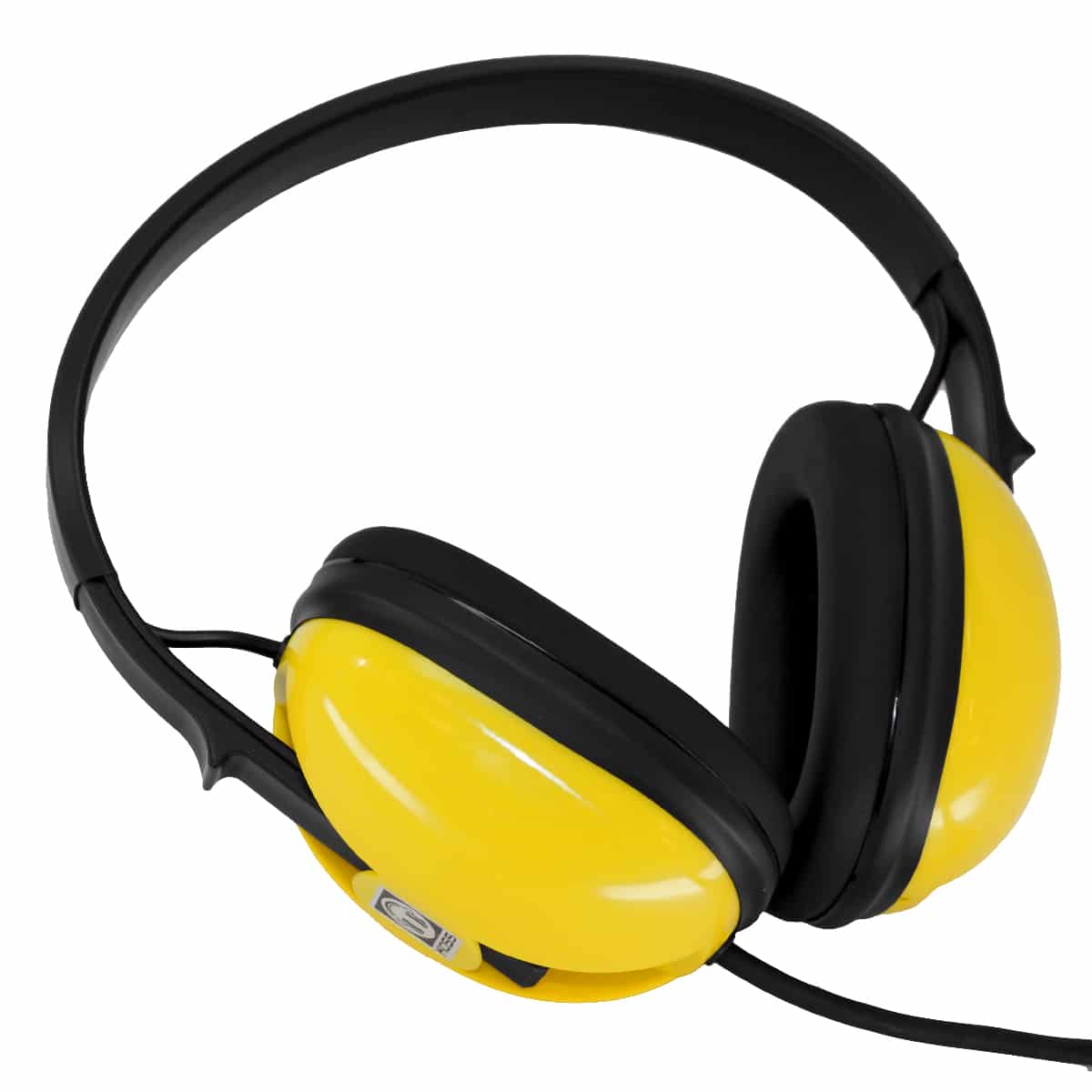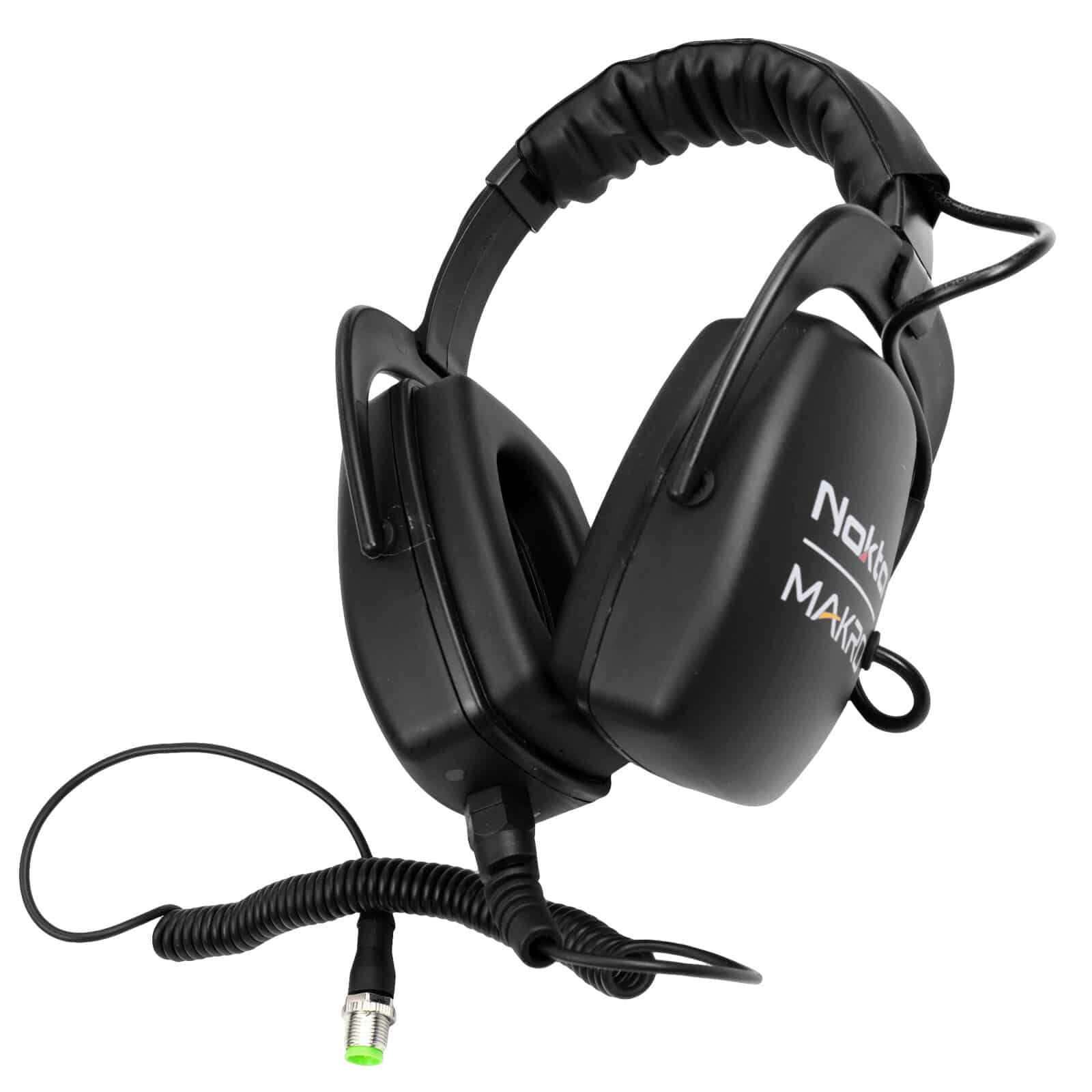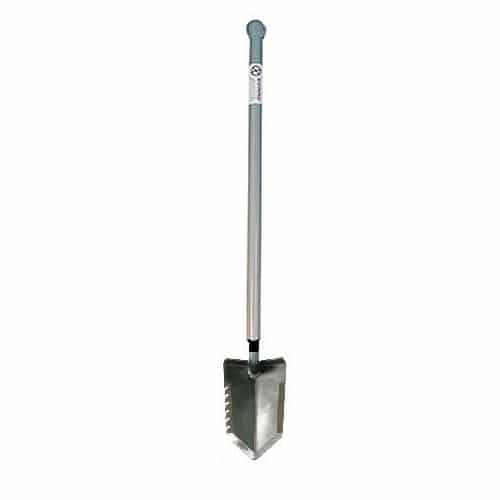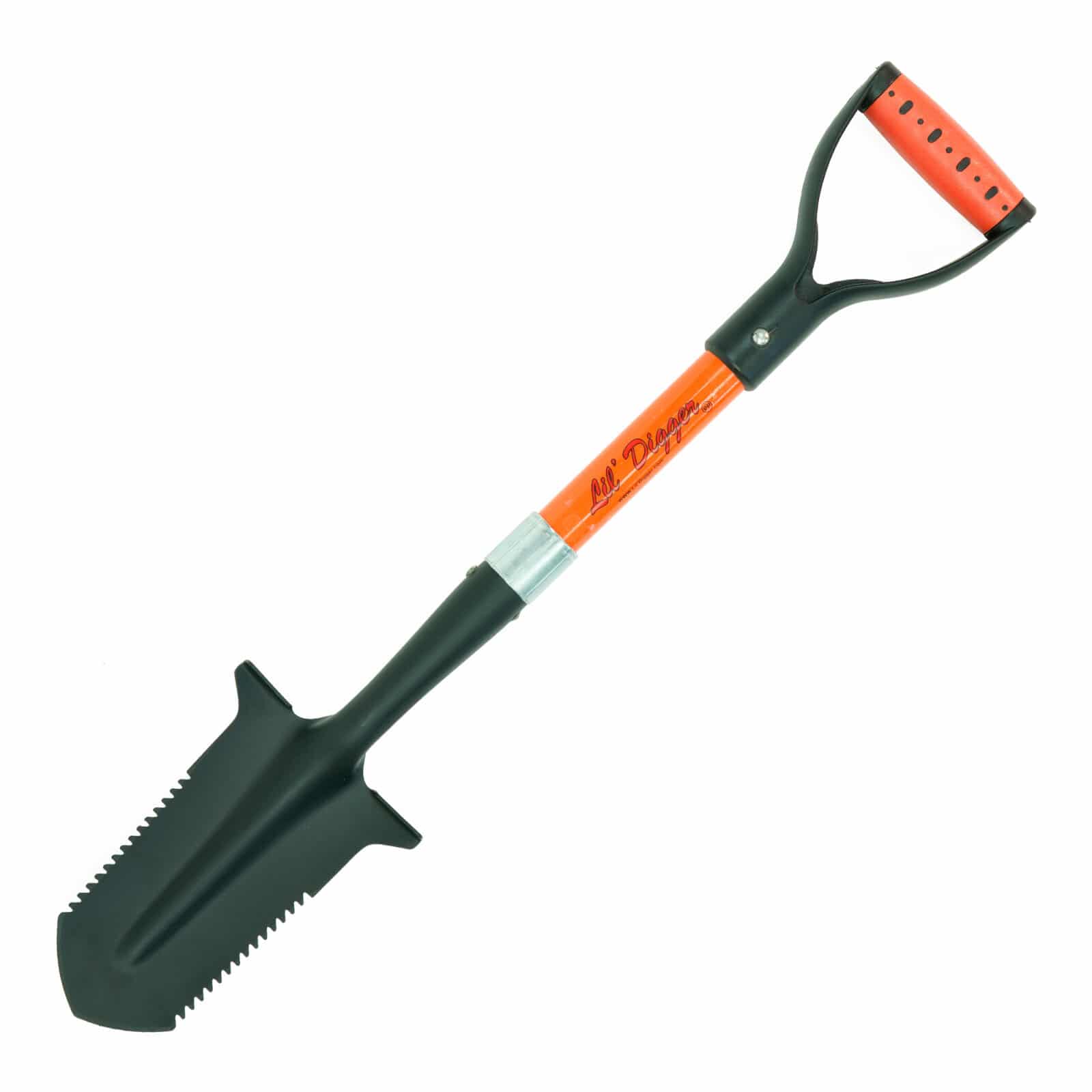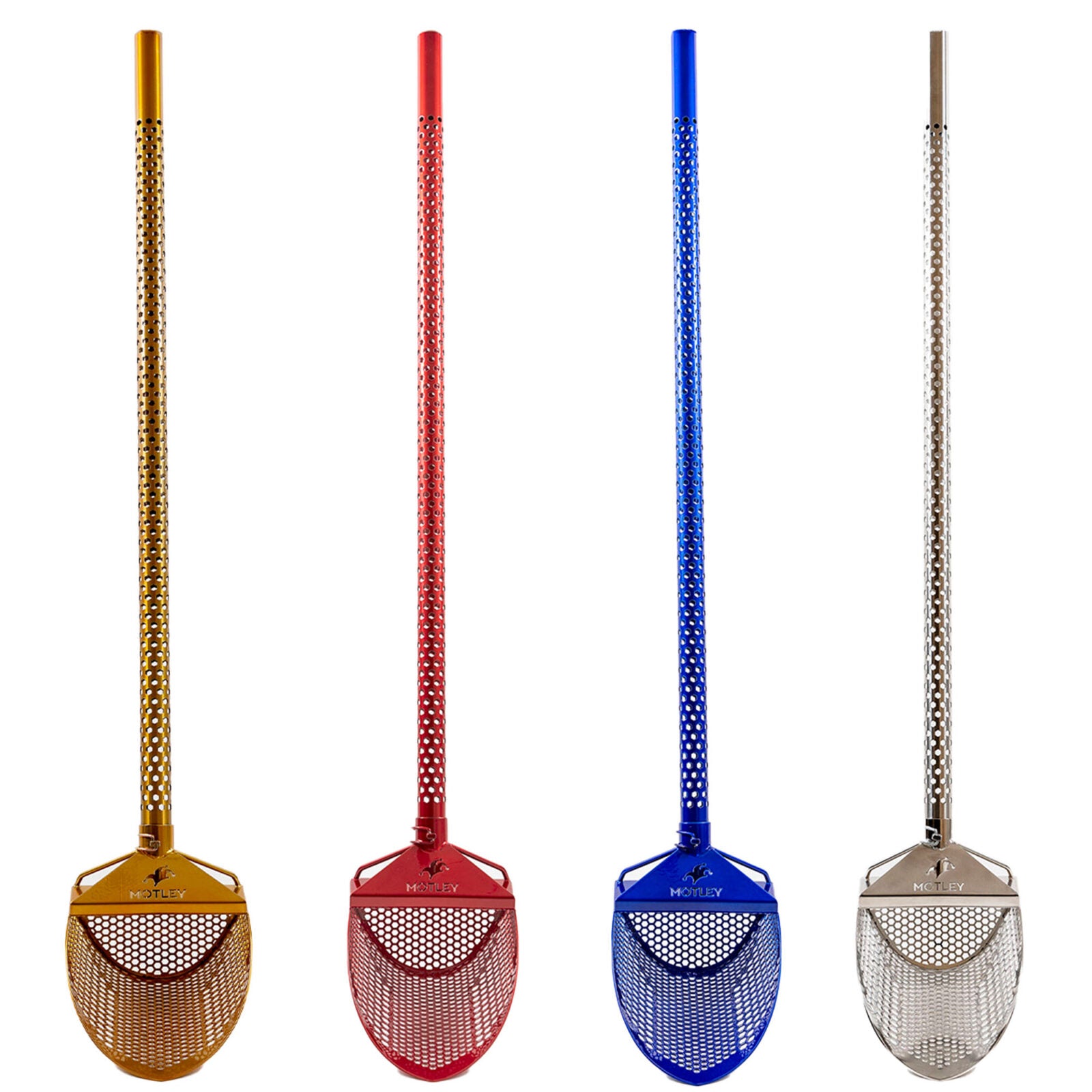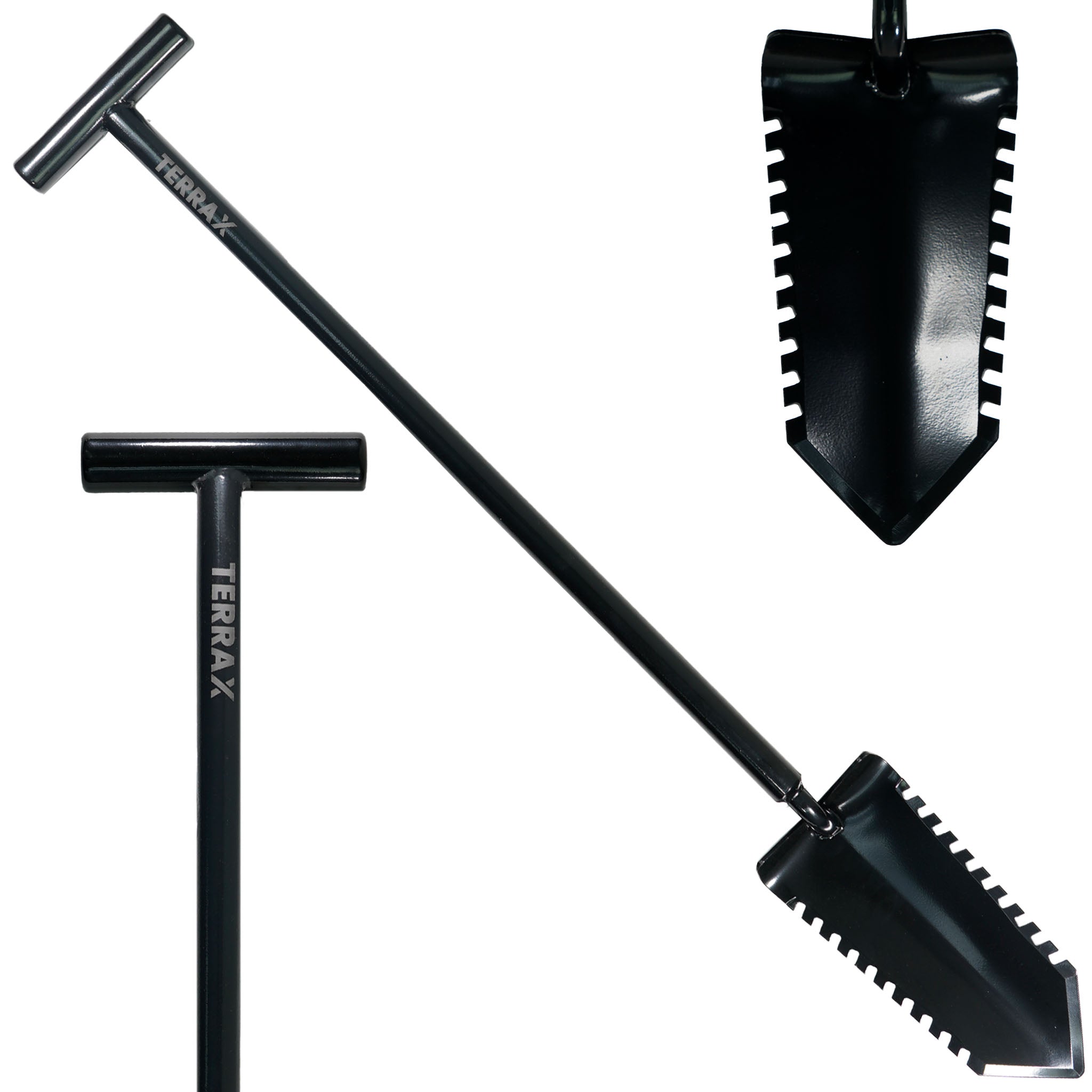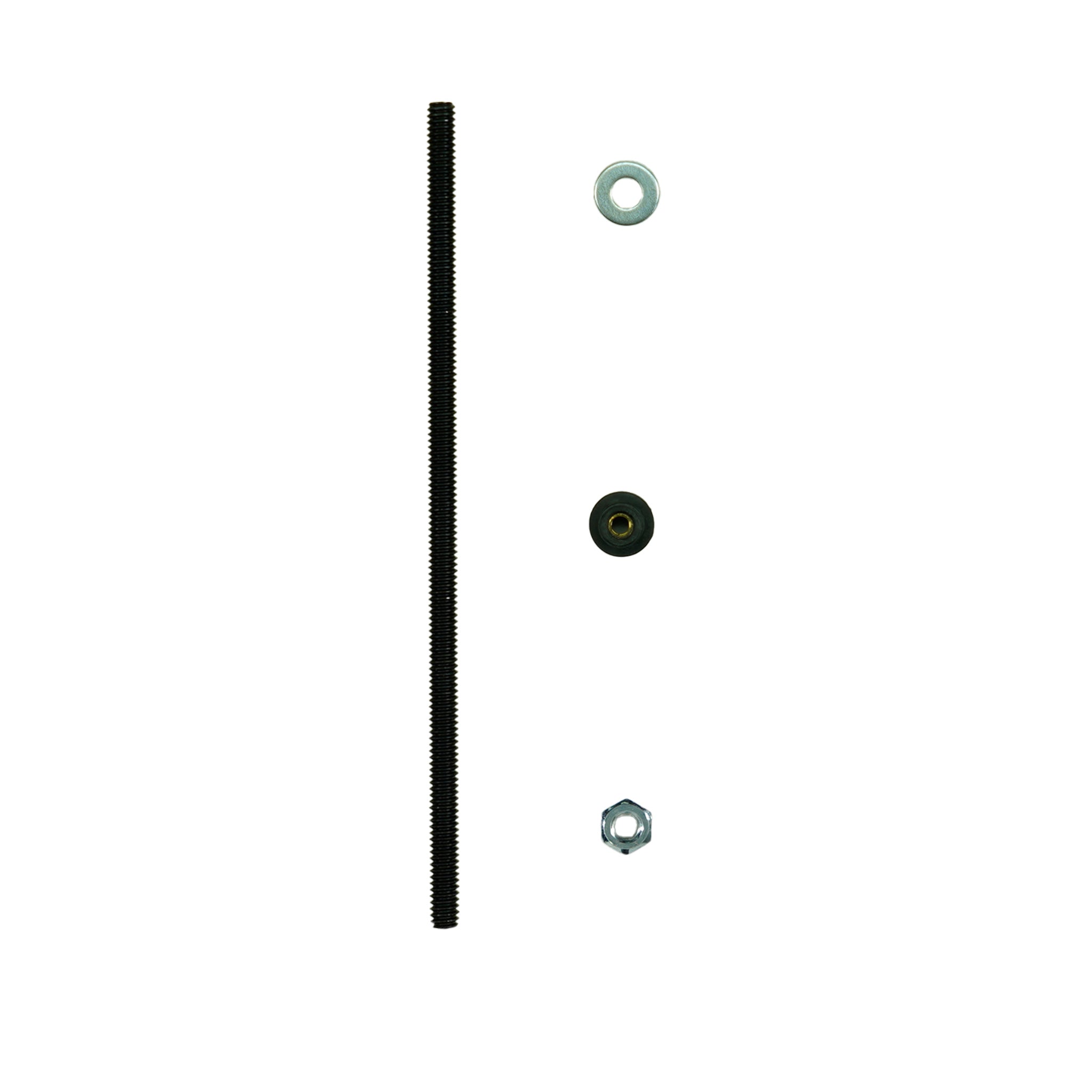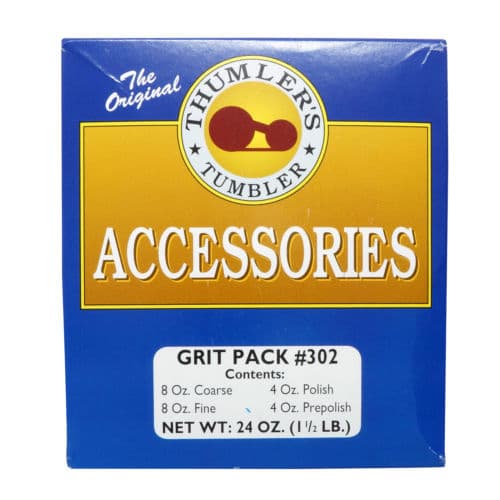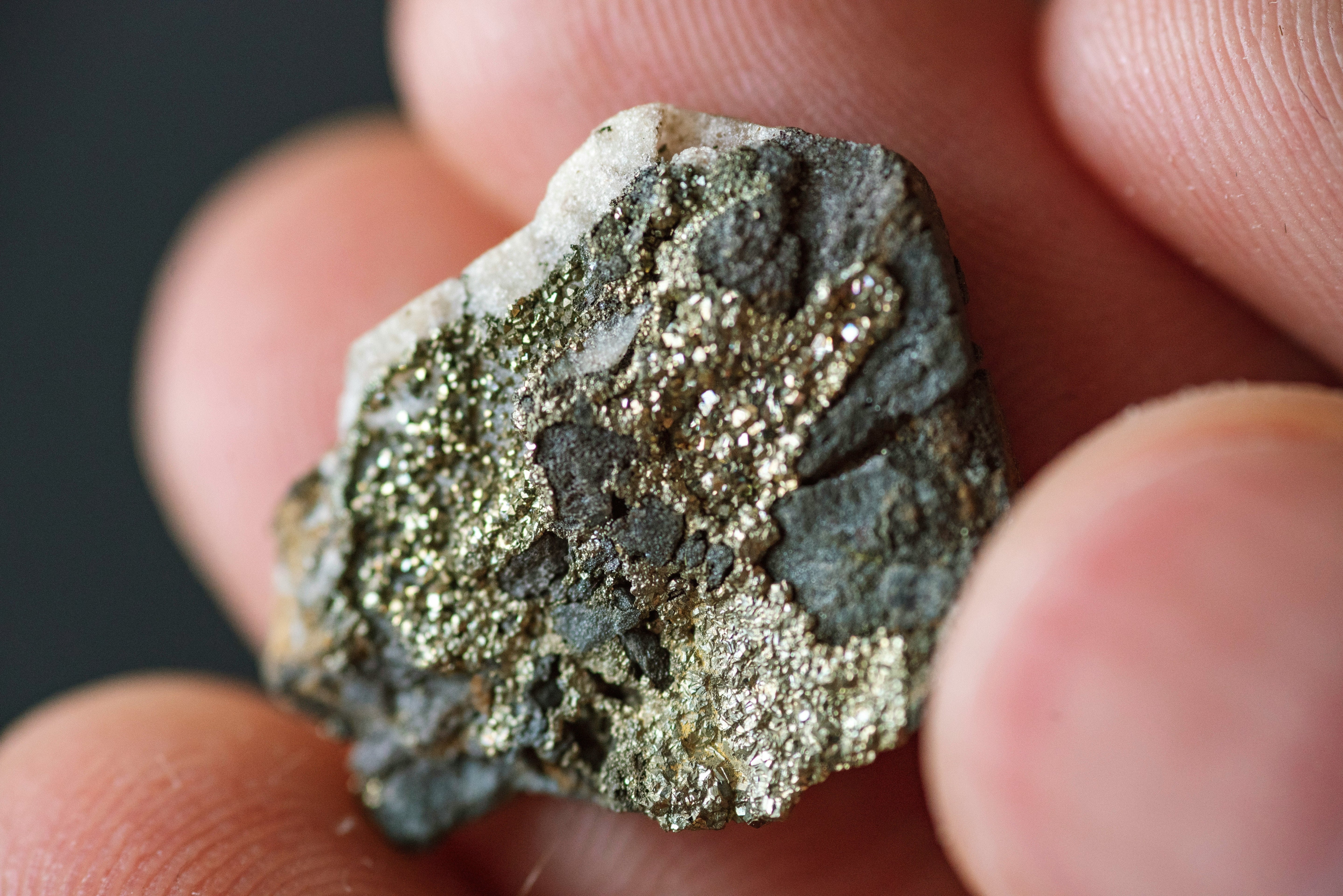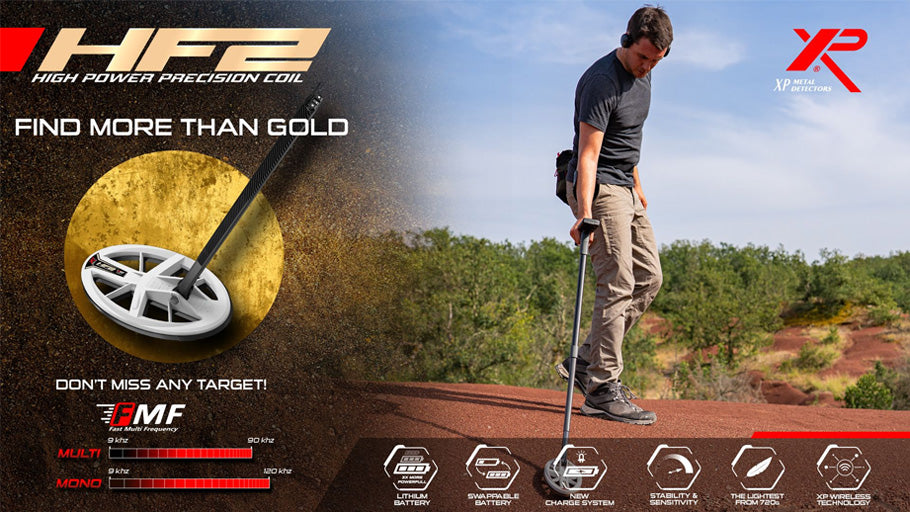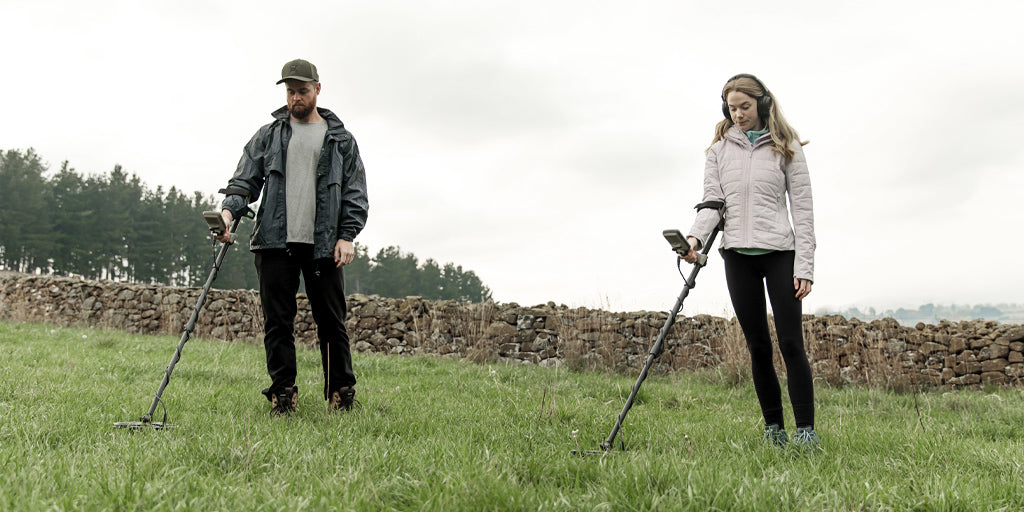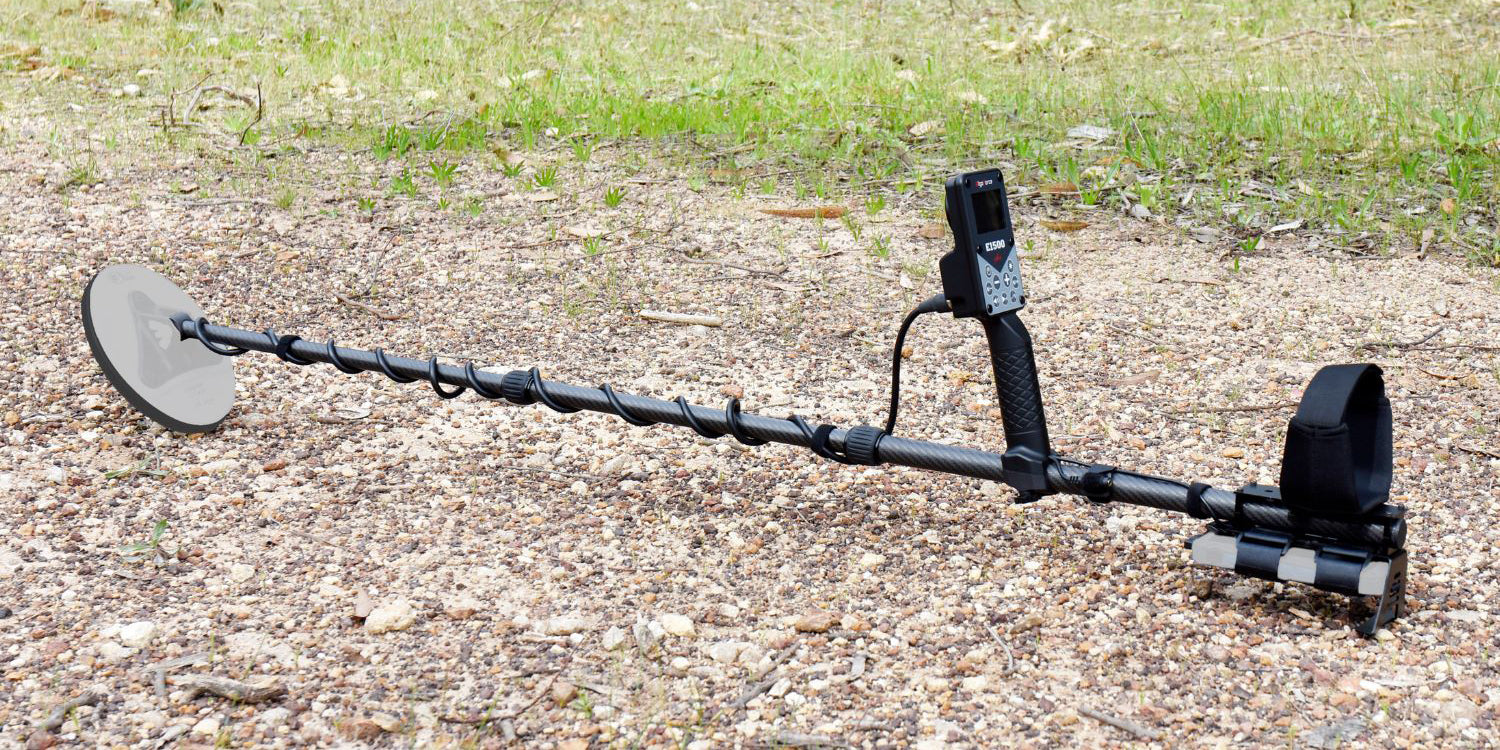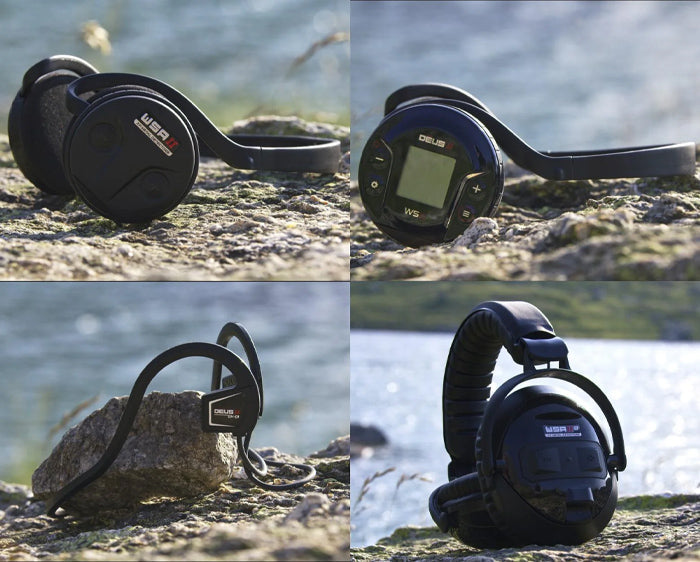Finding coins is almost a guarantee when you decide to partake in the hobby of metal detecting. It is a good place to start for anyone who wants to hone their skill in metal detecting because almost all types of metal detectors can identify them. They are also easier to find and you do not need to travel to distant locations for metal detecting coins.
The location and the right tools will increase the odds of finding coins. If you want to get some practice, you can do so in your own neighborhood first.
Why Start in Your Neighborhood?
Coins are normally found in areas or locations that people frequent. Any neighborhood can be a great start for coin hunting. Whether the neighborhood was inhabited by people many centuries ago or is still a thriving community today, you will more or less find a few precious coins during your search. It will only vary in terms of the number of coins you can find and their value.
Lost coins are scattered throughout a town or city. Many of these are found in private properties or along national roads and parks. To start with, you can begin your search in common areas such as sidewalks or open parks. You need to focus on high-pedestrian areas because this is where people tend to drop coins along the way. In fact, you could be lucky enough to pick up lost coins without the need for a metal detector.
Before you travel to a distant location, it is always a good practice to scan your own neighborhood first. In fact, you can start in your own yard! From there, gradually search areas in your neighborhood where most people spend their time. If you want to search public use spaces, you may consult with your town or city officials if you need a permit to search them. If you get the go signal, you can begin your search.
You have the potential to find both new and old coins. Some may not be of value but you could be lucky to stumble into some precious ones!
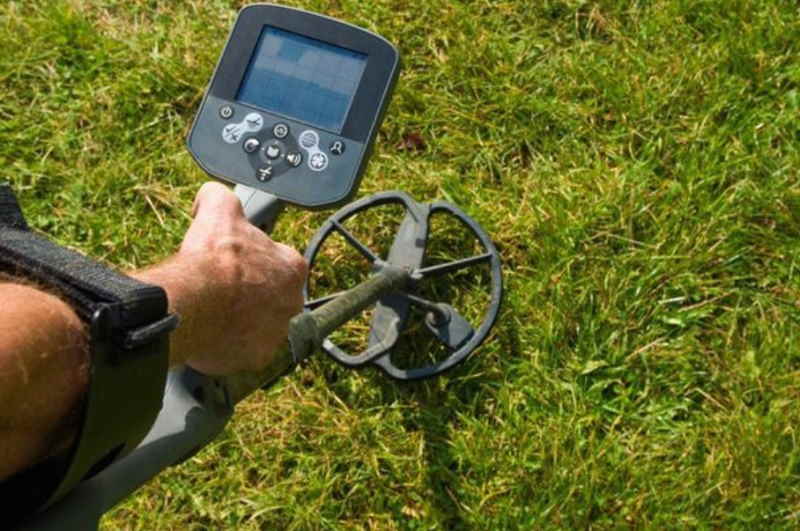
Tips for Metal Detecting Coins
Finding coins is the most common use for metal detectors outside of relics and jewelry (such as rings and antiques). It is easy to find modern coins because it is not uncommon for people to drop loose coins in public places. But if you are after real treasures such as old and valuable coins, they can take more effort to find.
Here are some tips that will help improve your chances of finding coins during your treasure hunt:
1. Dig every deep signal.
Older coins are typically buried much deeper into the ground, especially if they are a few centuries old. On average, old coins can be buried as deep as 6 to 10 inches from the top of the ground. When sweeping any area, focus more on the sounds that your detector is producing and rely less on the target ID. Slowly sweep the coil over the object or area and listen closely to the sounds emitted.
If there are other metal objects on the ground (such as nails), it can easily confuse your target ID and make it difficult to detect the presence of coins. It is important to use a slower speed as you sweep the area.
2. Analyze the metal detector display information.
The advancement in technology has made it easier to find coins with a metal detector. However, your ability to actually find coins will be based on how you analyze that information.
Since coins are consistent in how they are made, the information registered on your metal detector will also be consistent. Some metal detectors are designed to give a high-pitched sound when they detect coins. This is because the device will react to the type of metal that the coin is made of. Hence, it is also an indicator of the type of coin that you could potentially find.
Then again, not all metal detectors are the same. Therefore, you need to familiarize yourself with the settings and features of your device so you can determine what it is telling you.
3. Maximize search depth
Depth is very important when metal detecting coins. There are instances when you can find coins at a shallow depth. However, this is not always the case but most old coins are at least 6 inches deep, as mentioned earlier.
Proper ground balance setting is crucial when metal detecting for higher chances of success. You need to optimize the sensitivity settings of your search coil so it can maximize detection with minimal electromagnetic interference. You can also activate the all-metal mode so it will discriminate against objects that are made of metal.
4. Look for coins after a rainstorm.
One of the best times to search for coins is after the rainstorm. This means that the ground is wet. Moisture is good for coin hunting because it increases the conductivity of buried metal objects.
What are the Best Metal Detectors for Finding Coins?
The reason why a lot of newbies to the hobby start with coin hunting is that nearly all types of metal detectors are able to locate coins. Whether you have an entry-level or high-end model, this almost always gets the job done of finding coins.
To help simplify your search for the best metal detectors, here are some features to look for:
- Overall weight and configuration
- Target identification feature (visual or audio tone)
- Ground balance control
- Size of the coil (small coil for isolating target objects and large coils for more depth sensitivity)
- Pinpointer

Best Places for Metal Detecting Coins
Metal detecting coins offer no guarantee. You could stumble into coins in some days, other times you may not. The type of coin you can find can also be up for grabs. They may be old or new. But if you do a little research on the best sites to do your search within your neighborhood, you can increase the possibility of finding valuable coins.
Before you start digging your treasures, you can look at these best places to find coins.
- Schools
- Stadiums
- Parks
- Playgrounds
- Beaches
- Swim Areas
- Fairgrounds
- Camping Grounds
- Farm Fields
- Curb Strips
- Drive-in Movies
- Ball Fields
- Private Yards
Metal detecting coins is the best way to get started on this hobby. With a little practice and lots of patience, it will only be a matter of time until you can dig up a real treasure!


